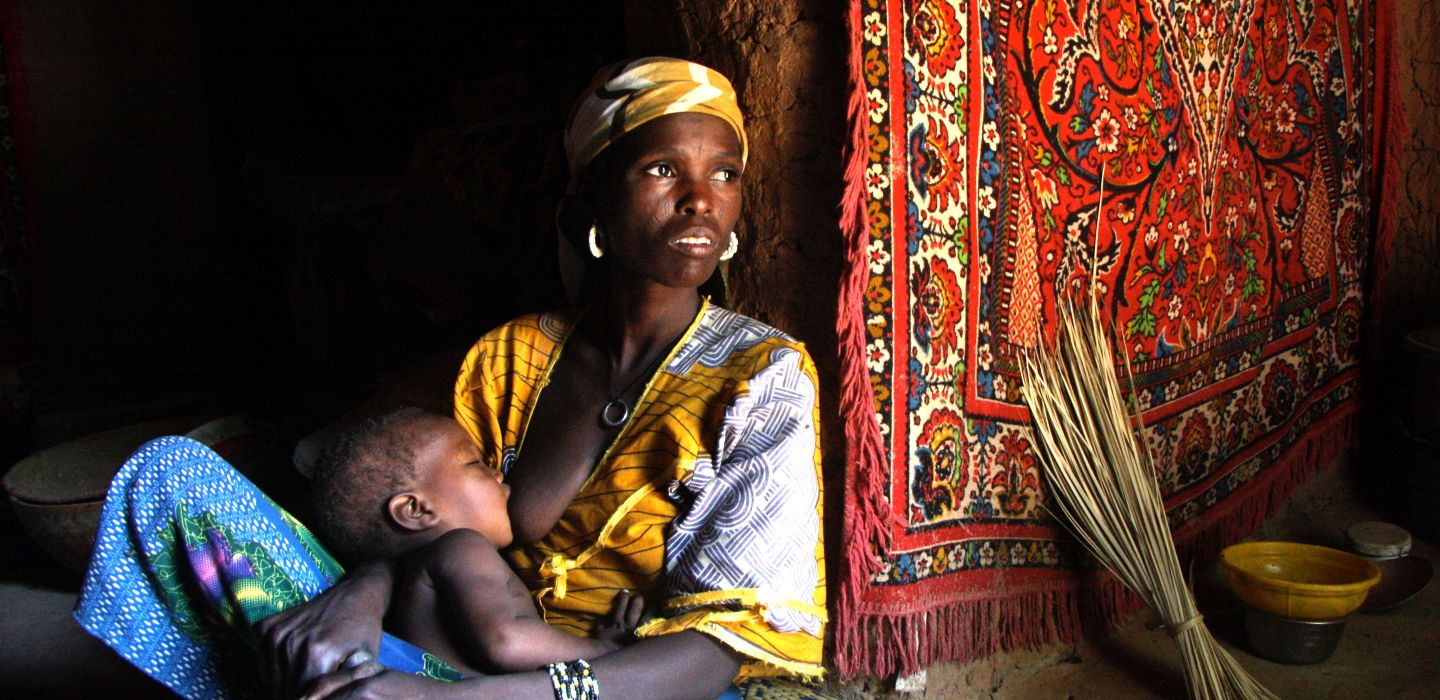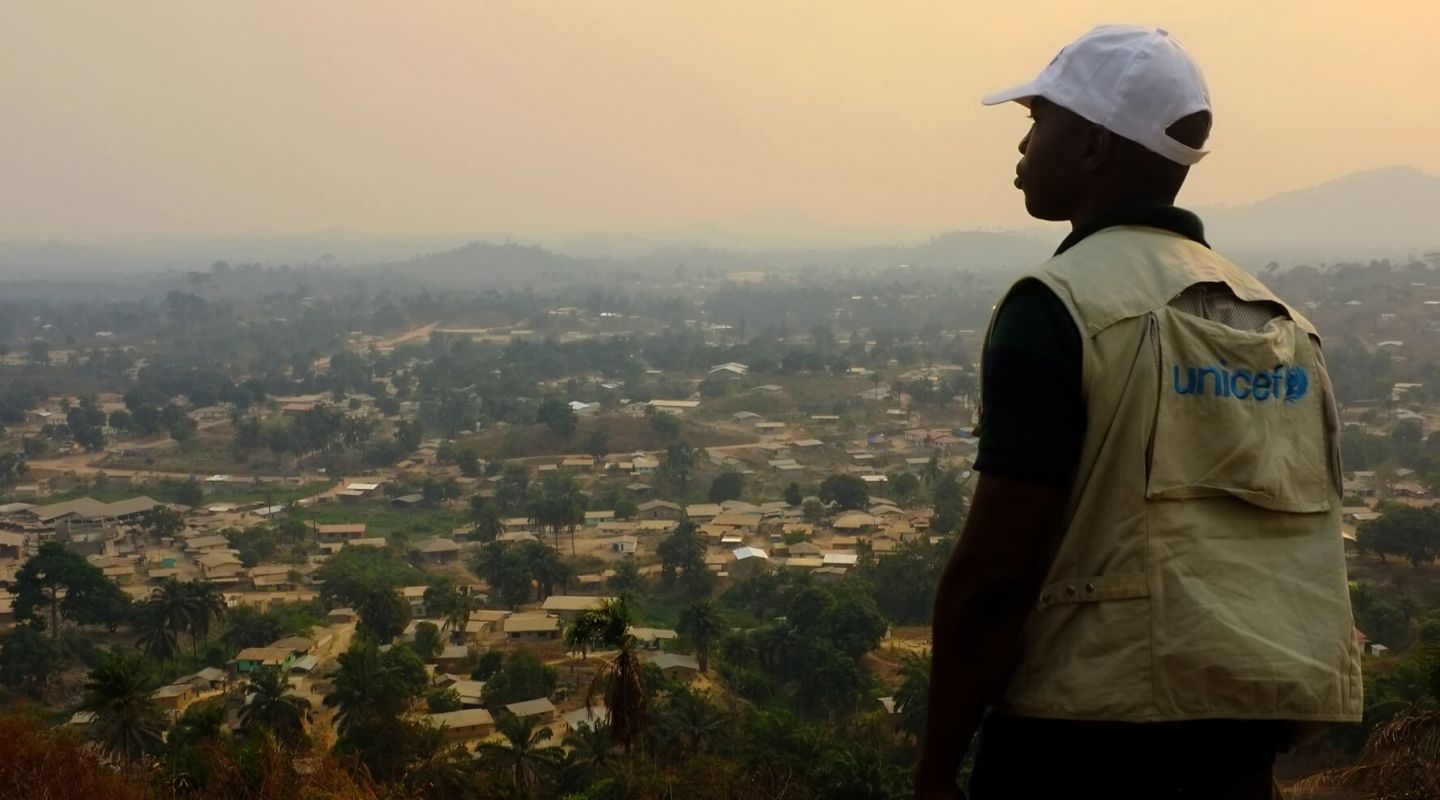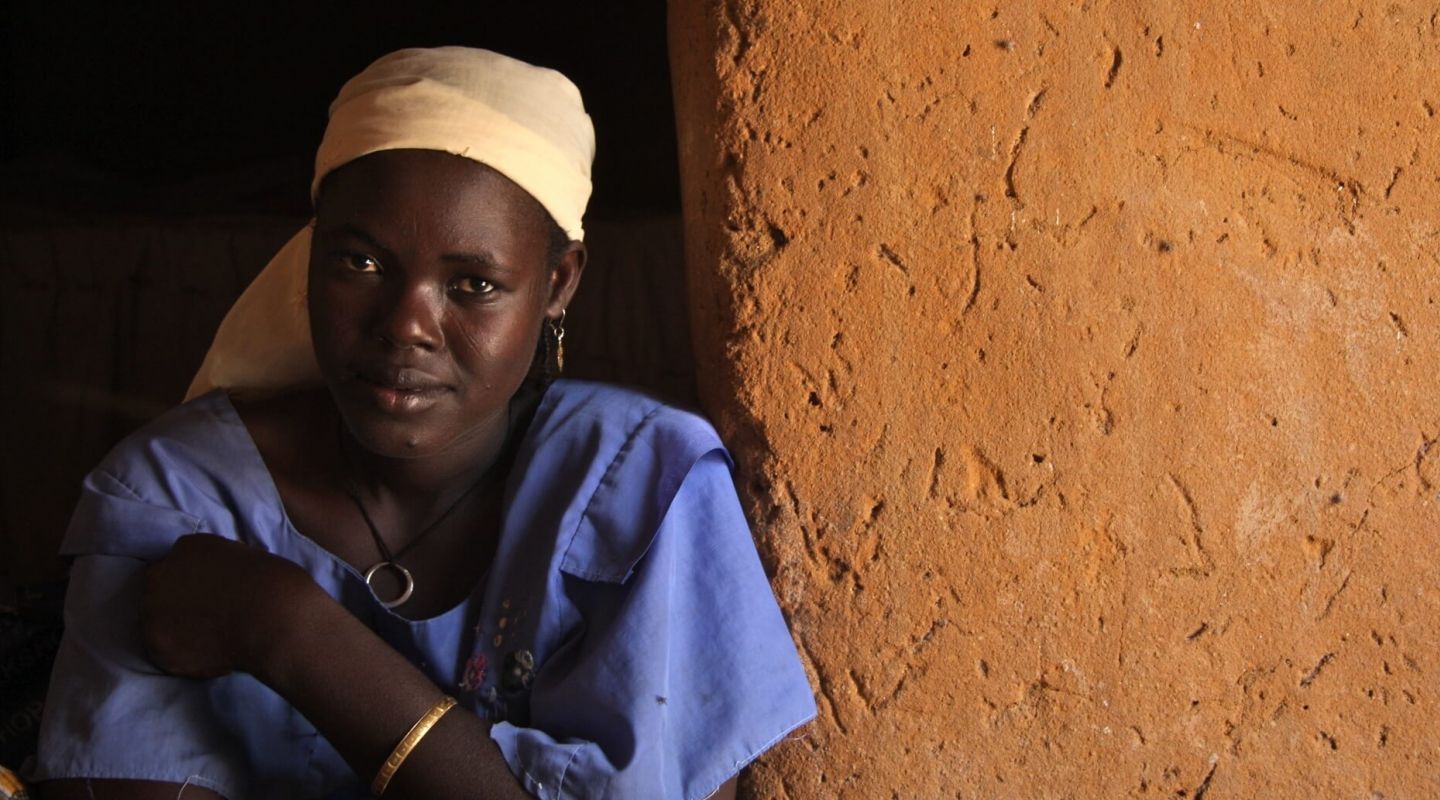Formative and operational research
We undertake both rapid ethnographic studies and longer-term fieldwork. In building a strong evidence base, we collect, analyse and apply empirical data to inform the design, content and orientation of policies and programmes focusing on the relevance, appropriateness and acceptability of interventions. We have developed a range of creative participatory tools that push applied qualitative research to the next level.
-
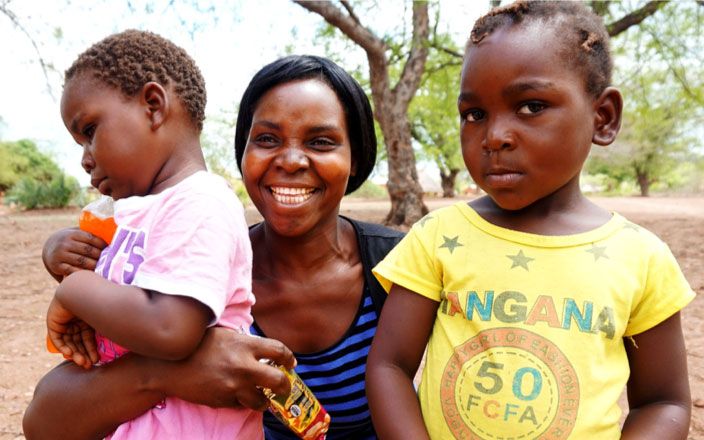
Barriers and enablers to timely birth registration and their impact on accessing basic social services in four regions of Namibia Namibia -
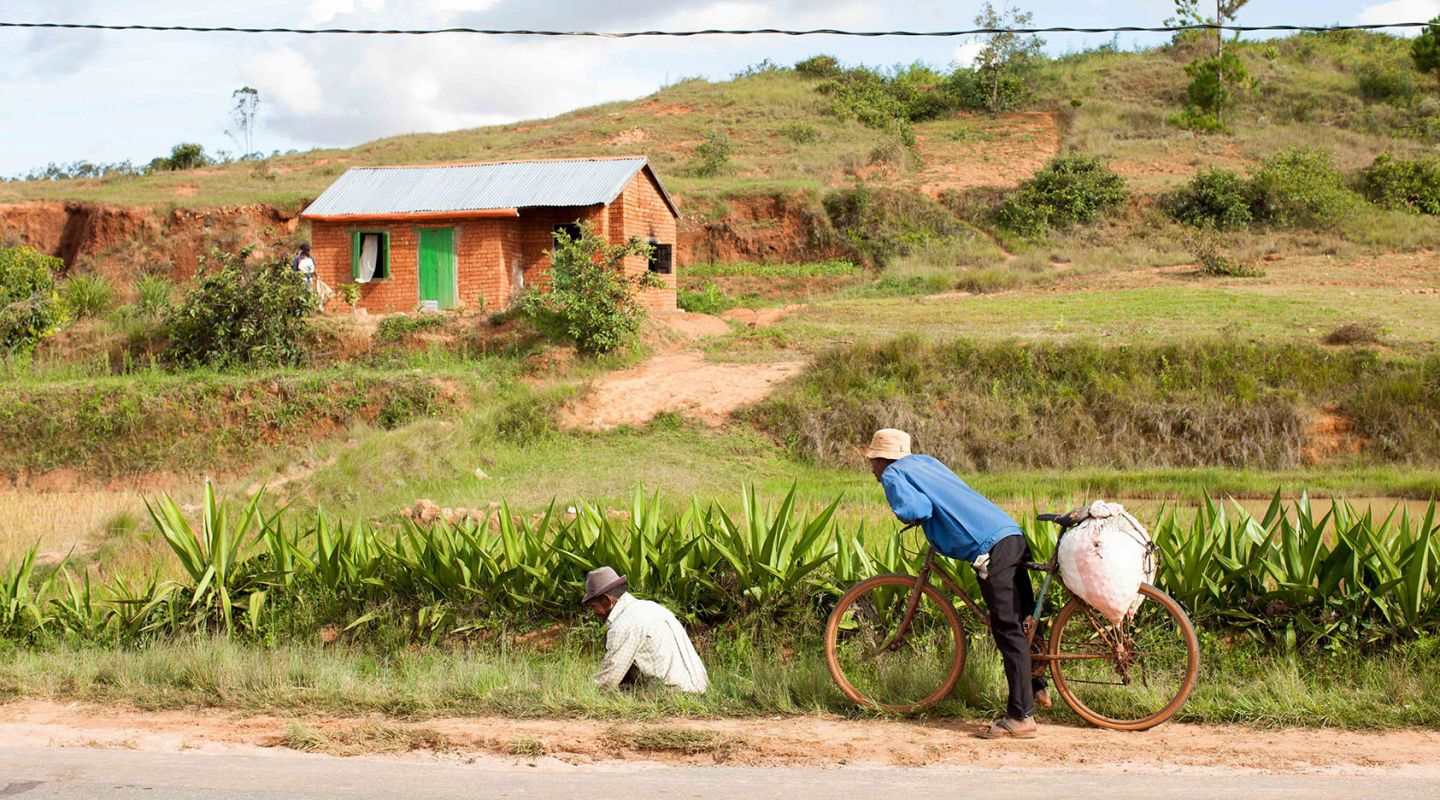
Civil registration and vital statistics (CRVS) in Ethiopia Ethiopia -
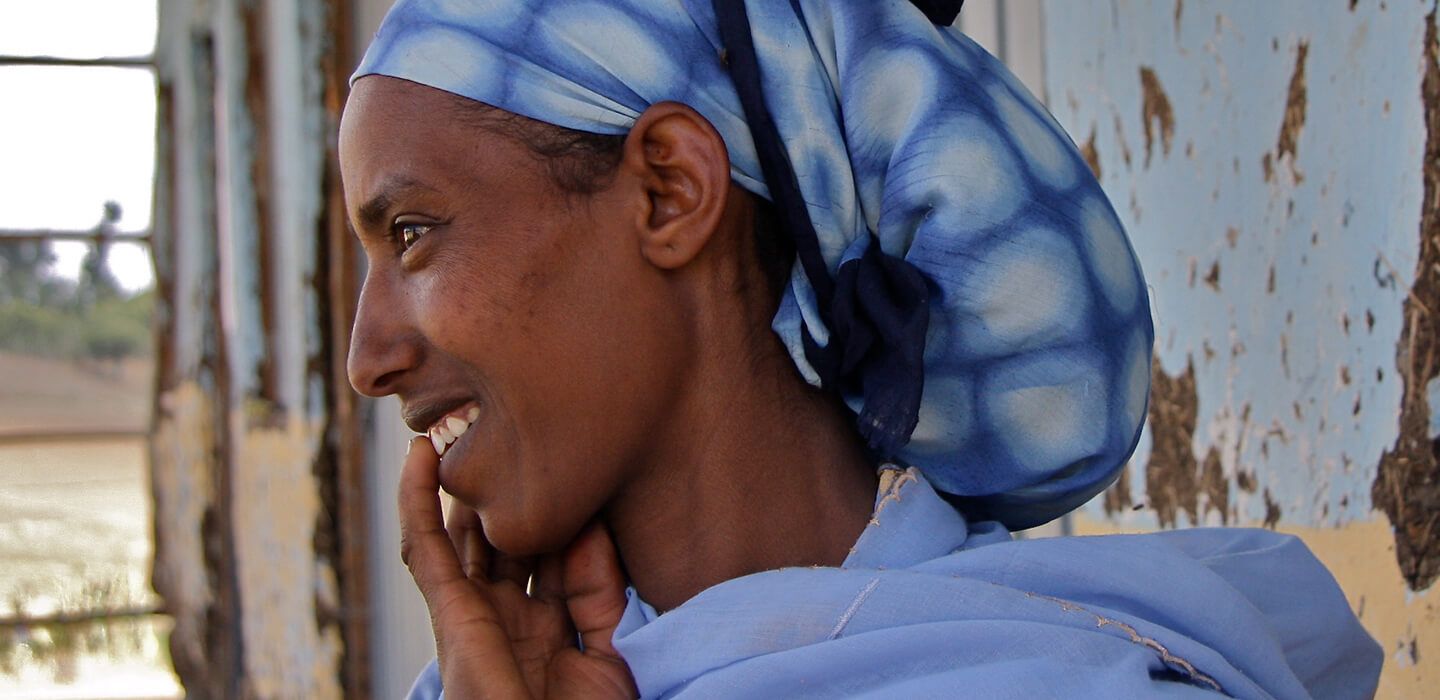
Nutritional supplements for pregnant women -
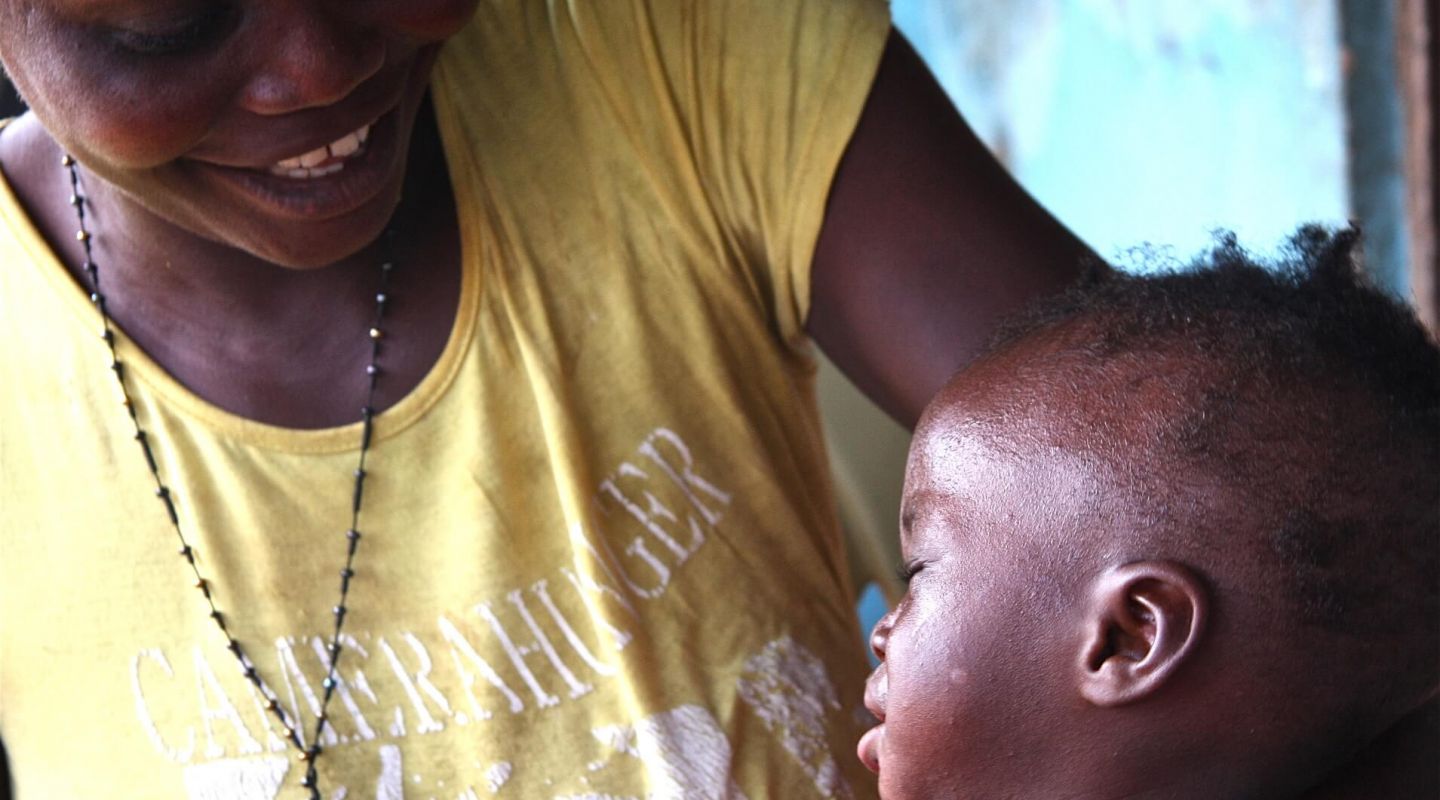
Social accountability for Every Woman Every Child -
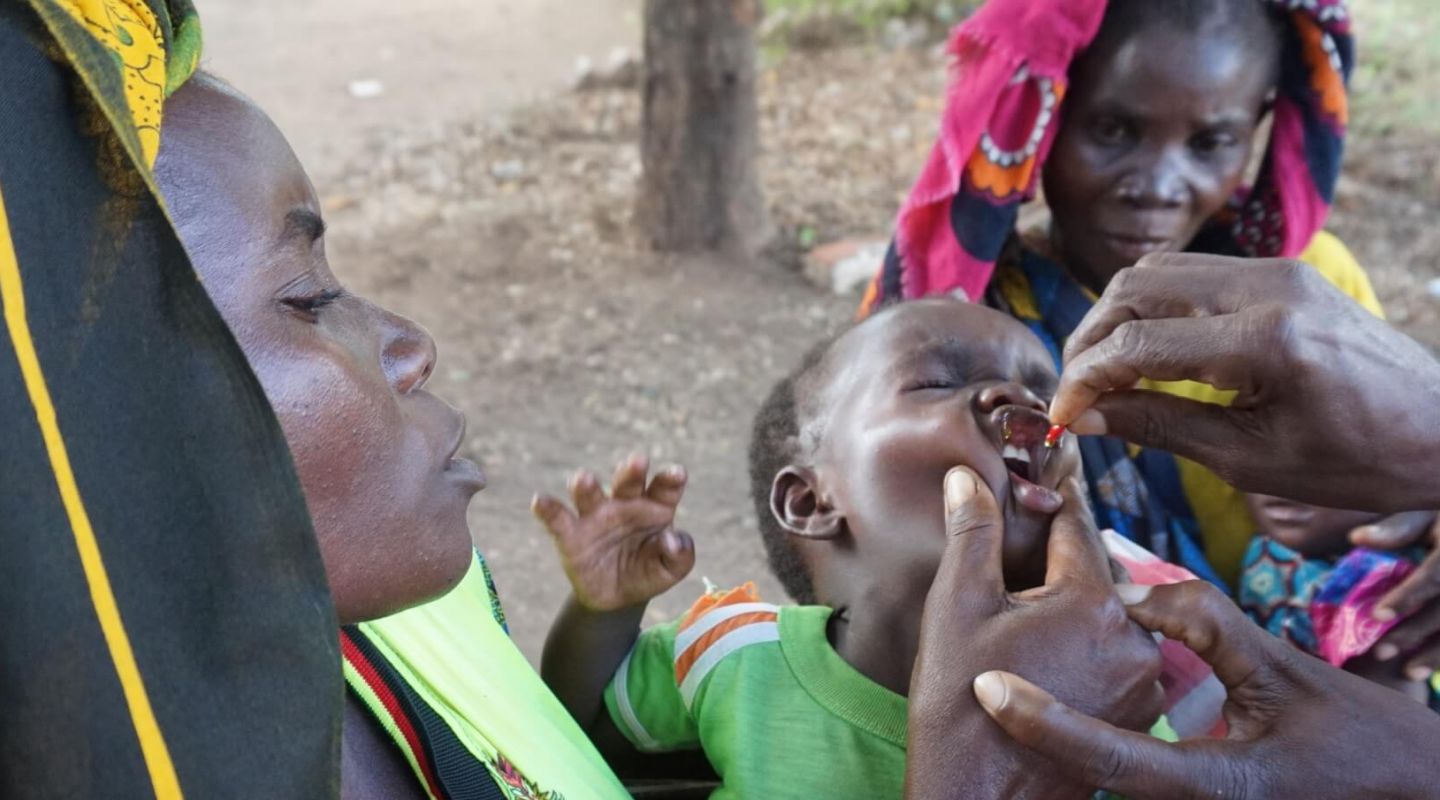
Polio in Pakistan and Somalia: engaging difficult to access communities -
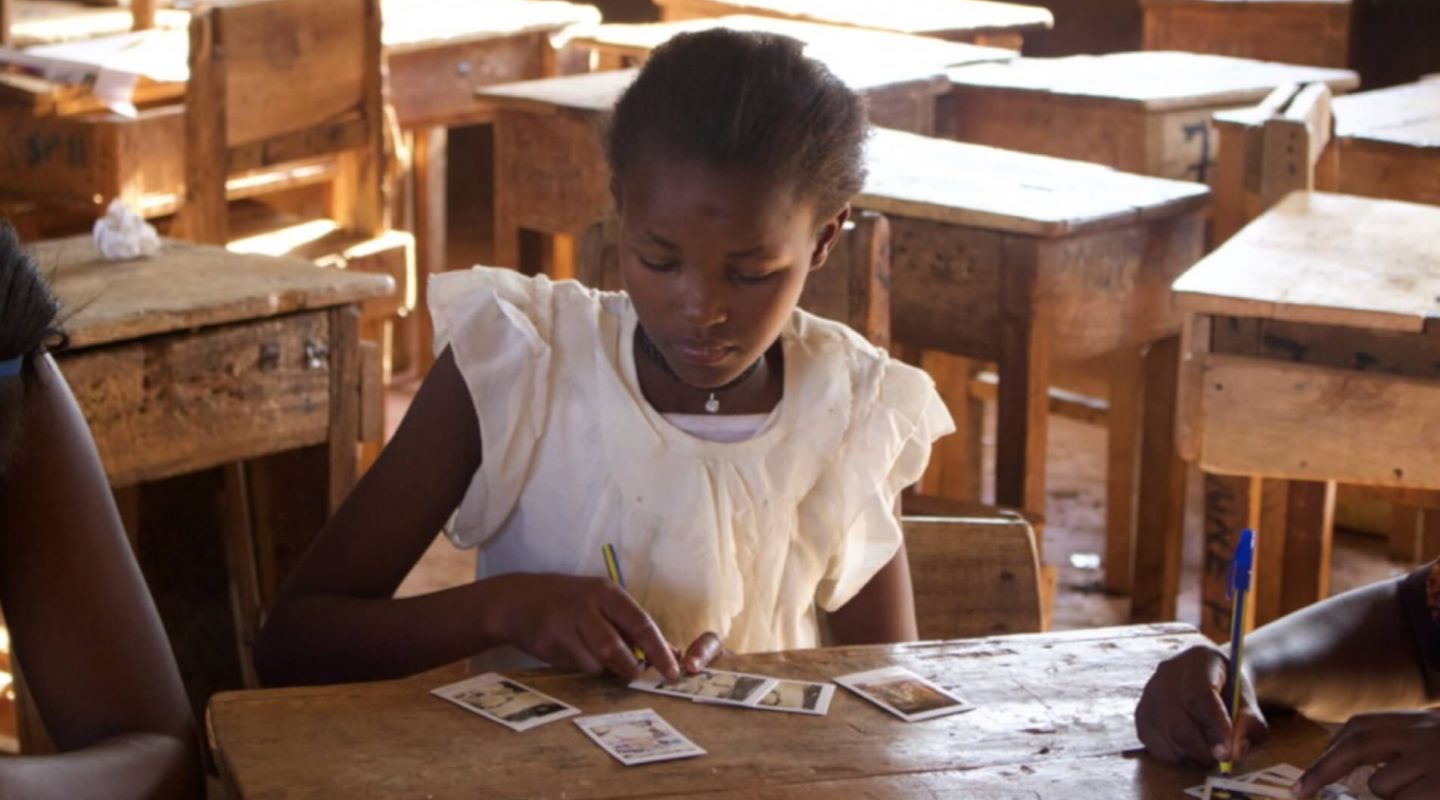
Inclusive education in Malawi -
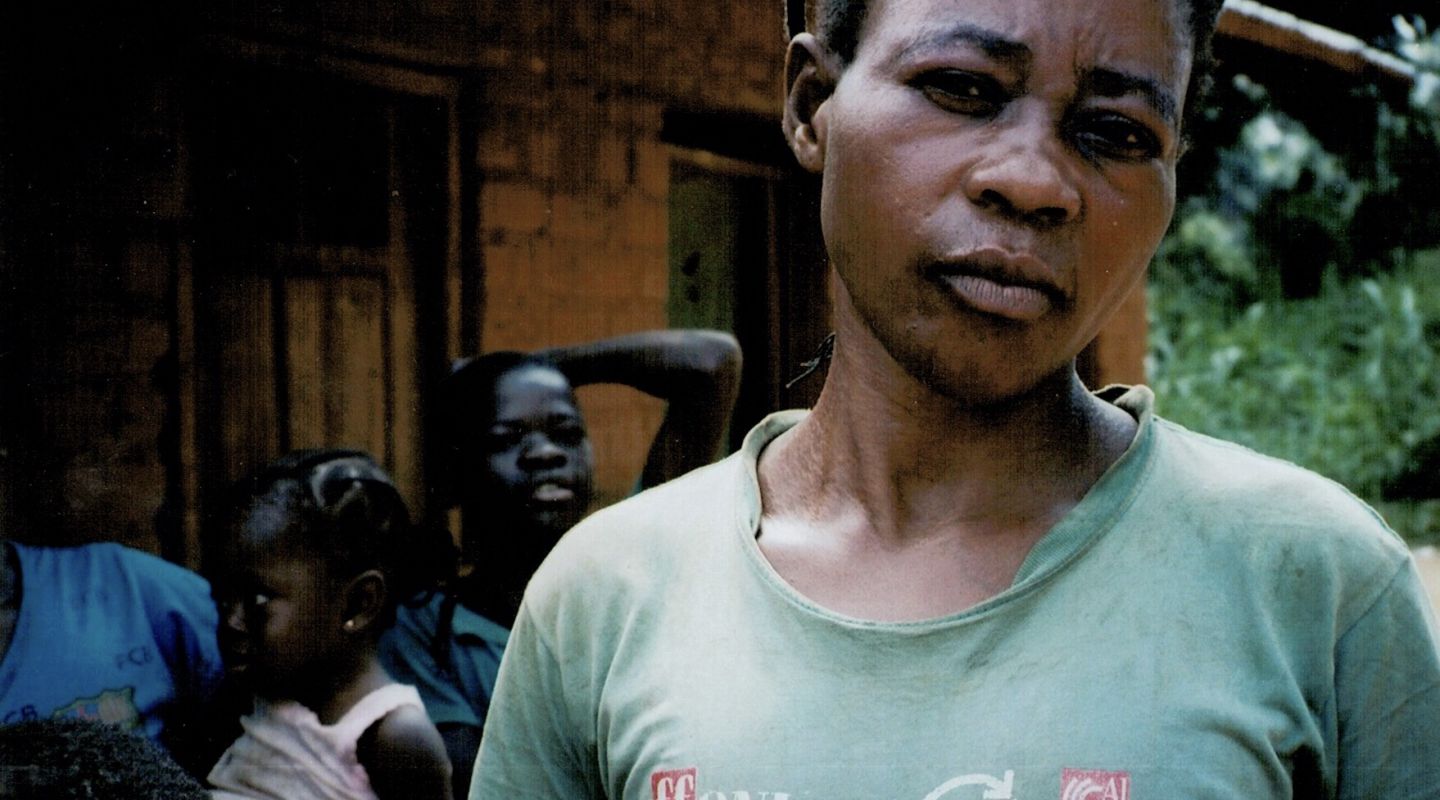
Testing the impact of nutritional supplements for women in pregnancy Nepal, Burkina Faso -
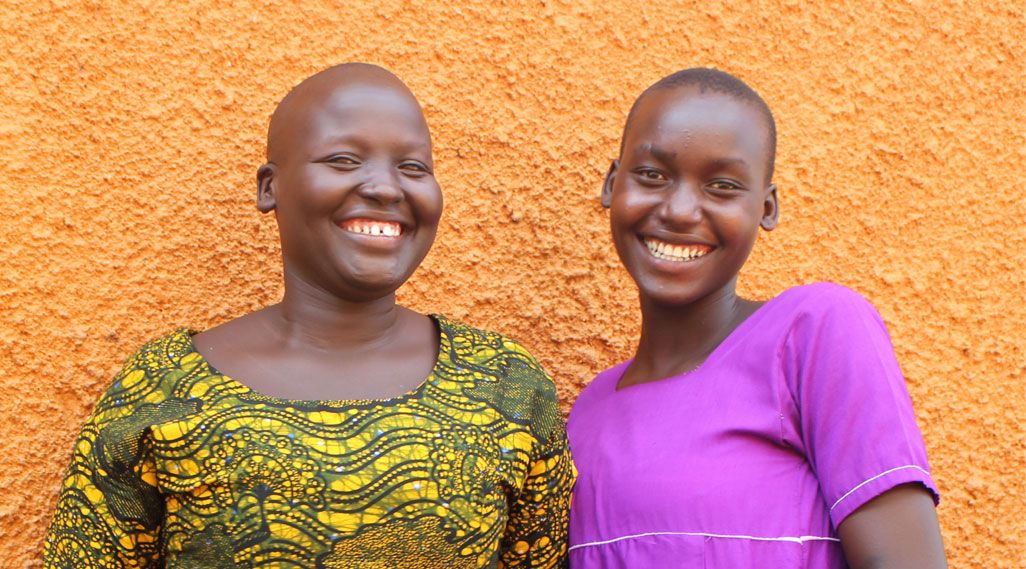
Eastern and Southern Africa Region (ESAR) regional social science support ESAR -
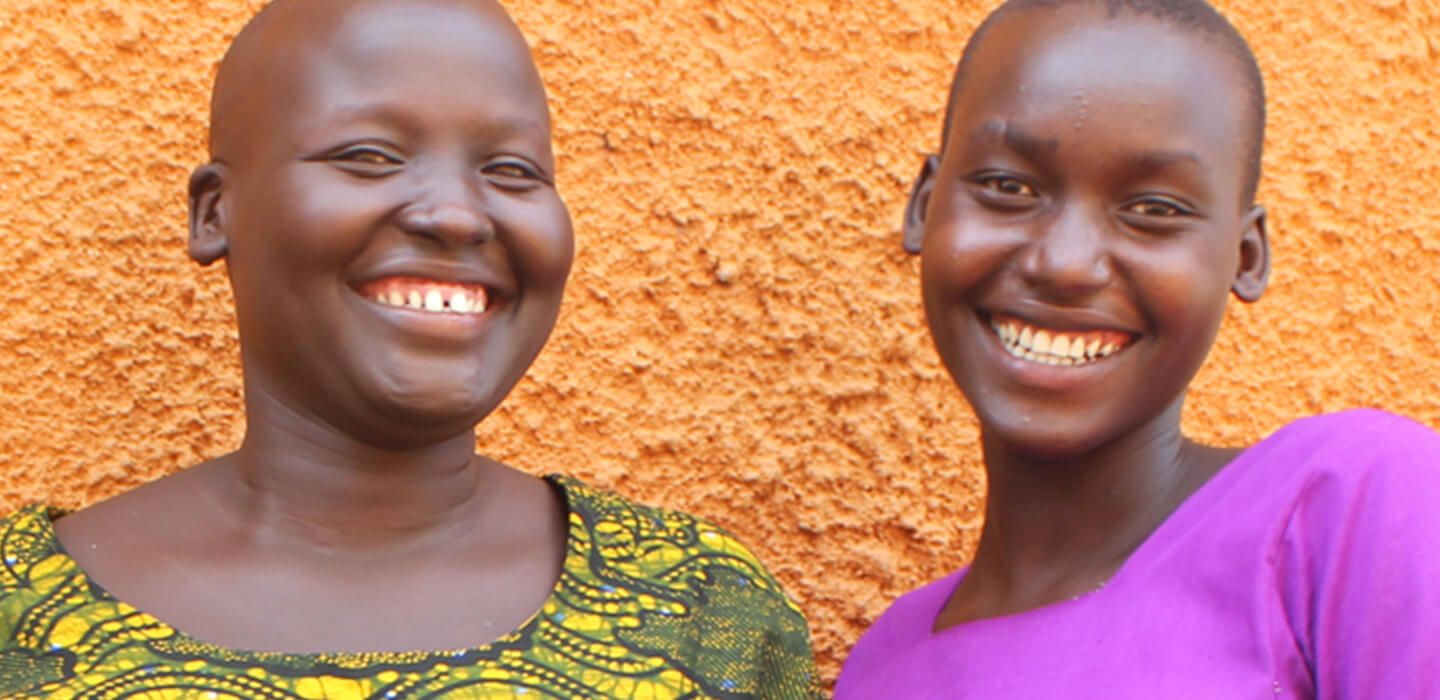
Advocacy toolkit for SUN Youth Leaders -
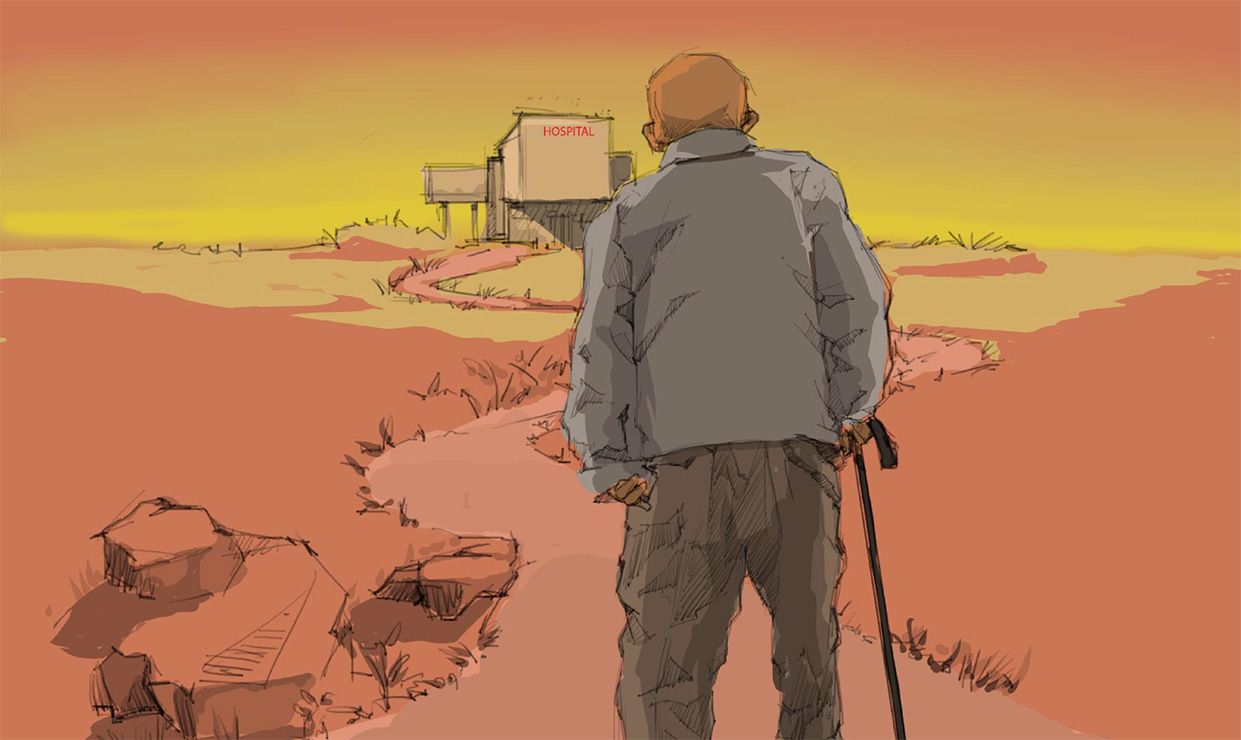
Identifying barriers to Lymphatic Filariasis morbidity management and disability prevention UGANDA -
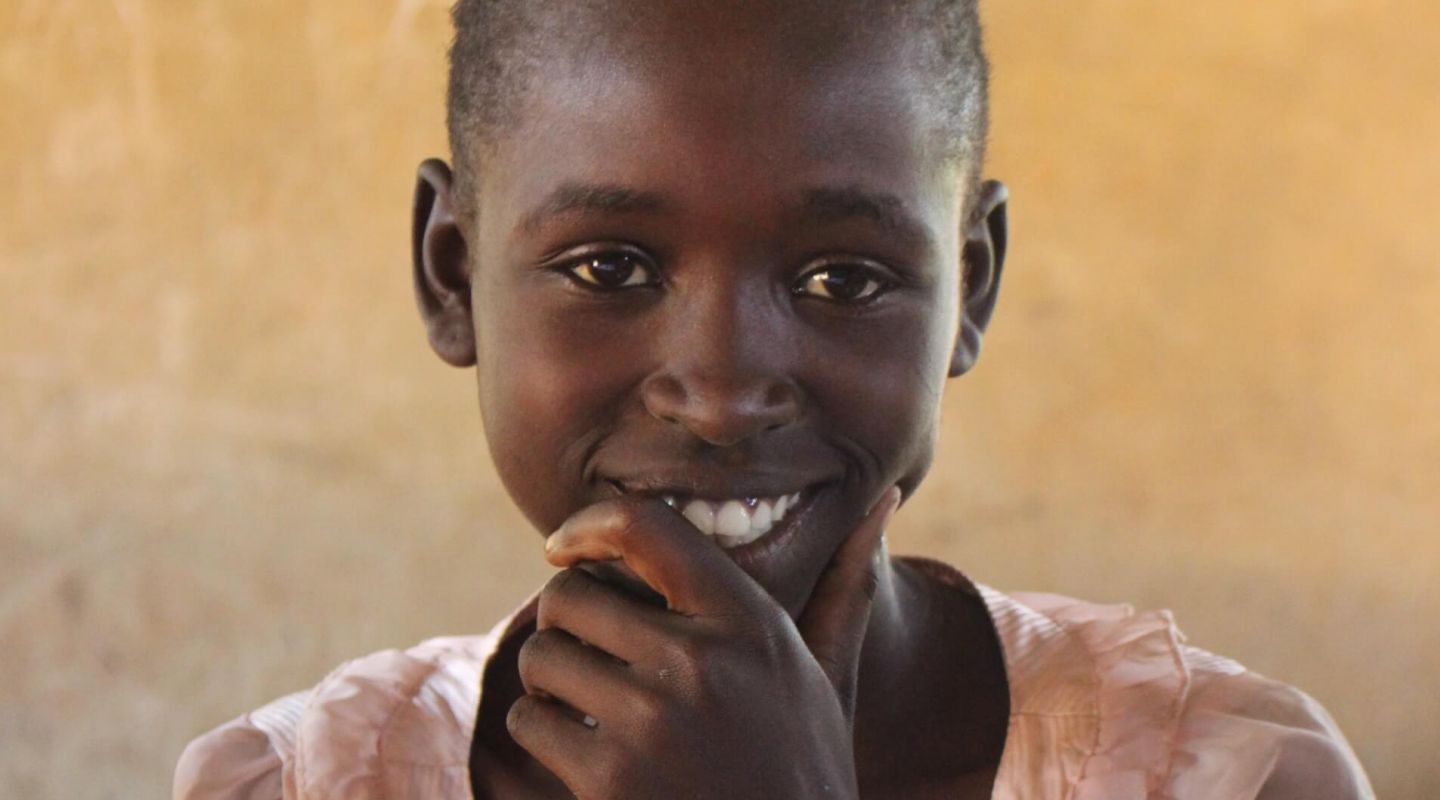
Engaging adolescents for nutrition, health and sustainable development -
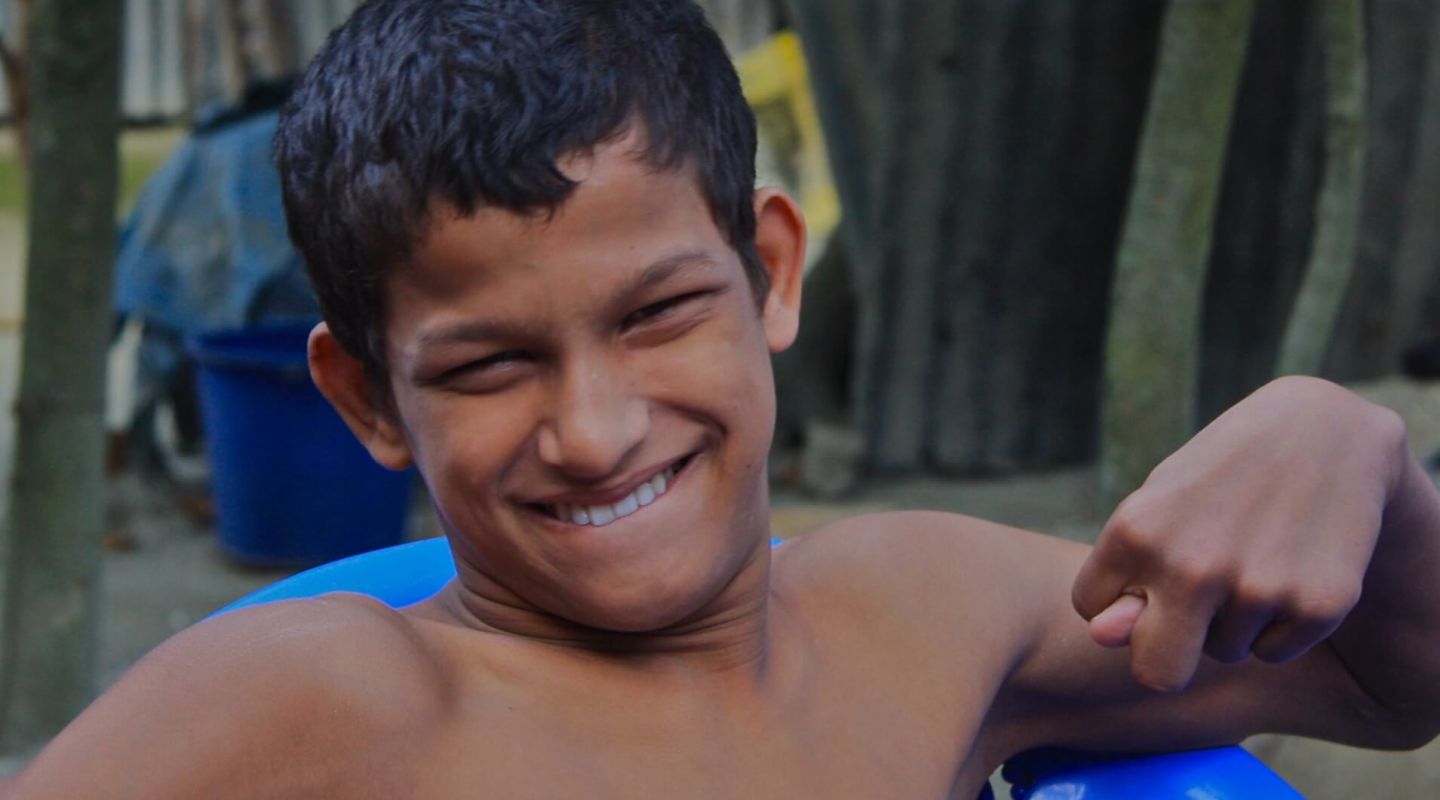
Perceptions of childhood disability -
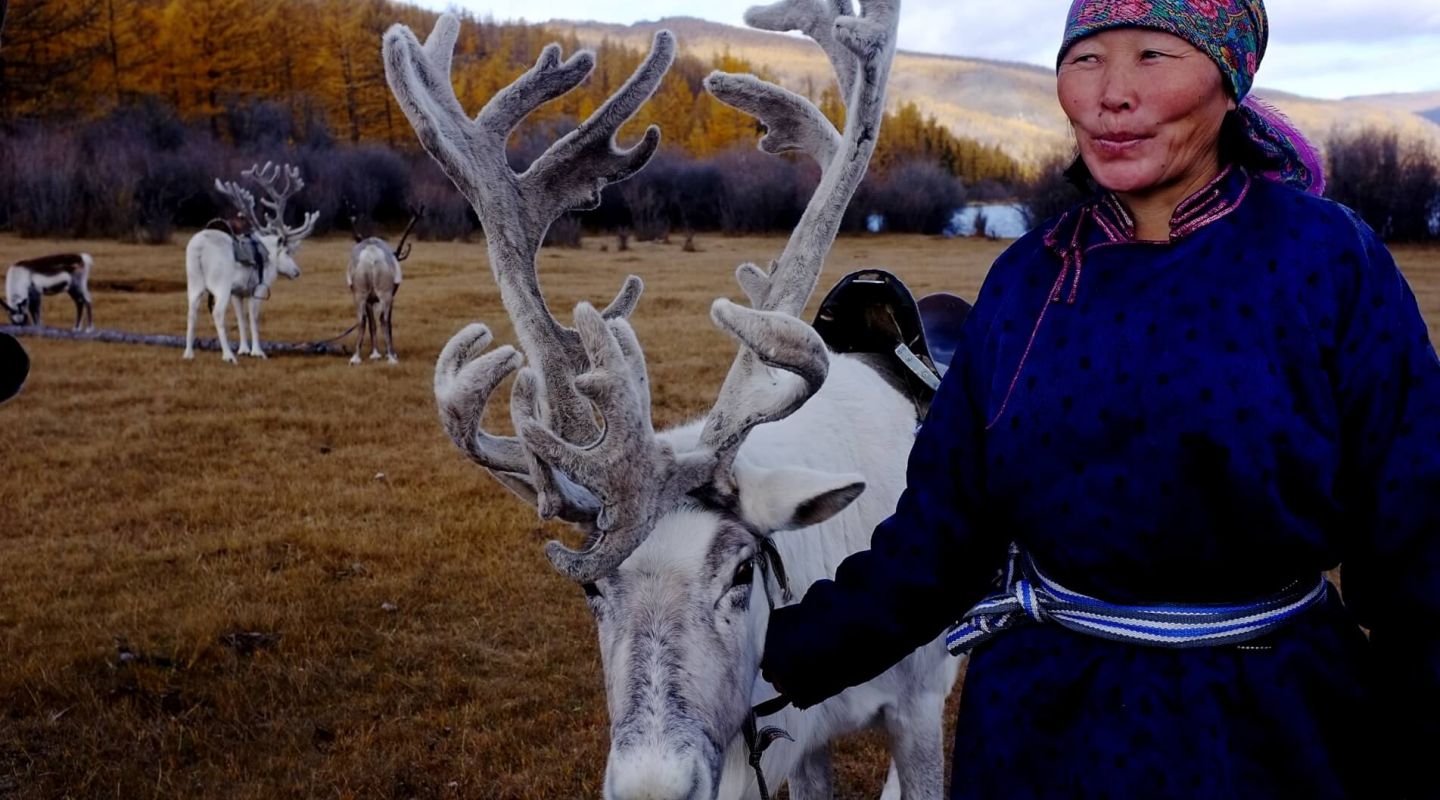
Preventable child death -
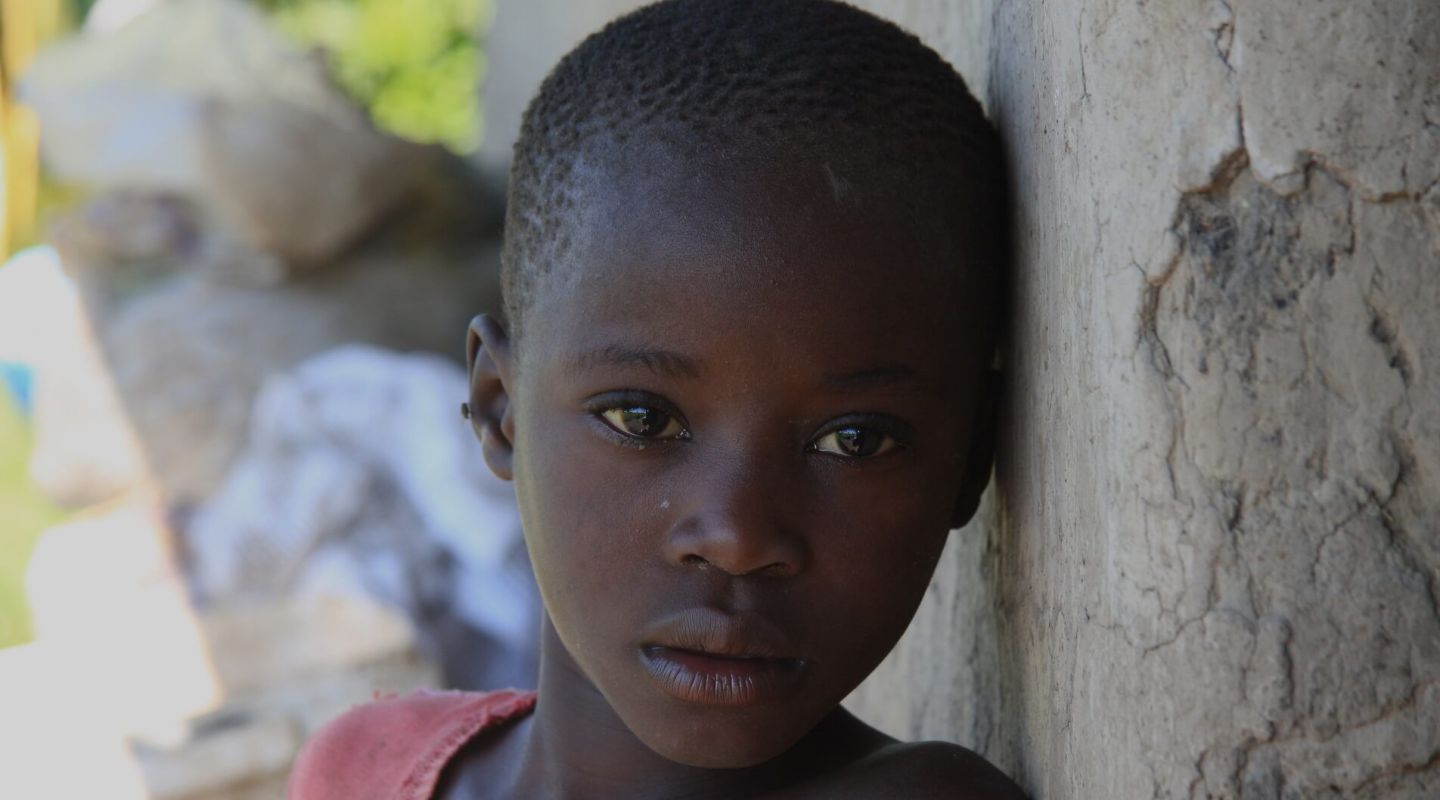
Barriers and solutions to care-seeking for childhood malaria, diarrhoea and pneumonia -
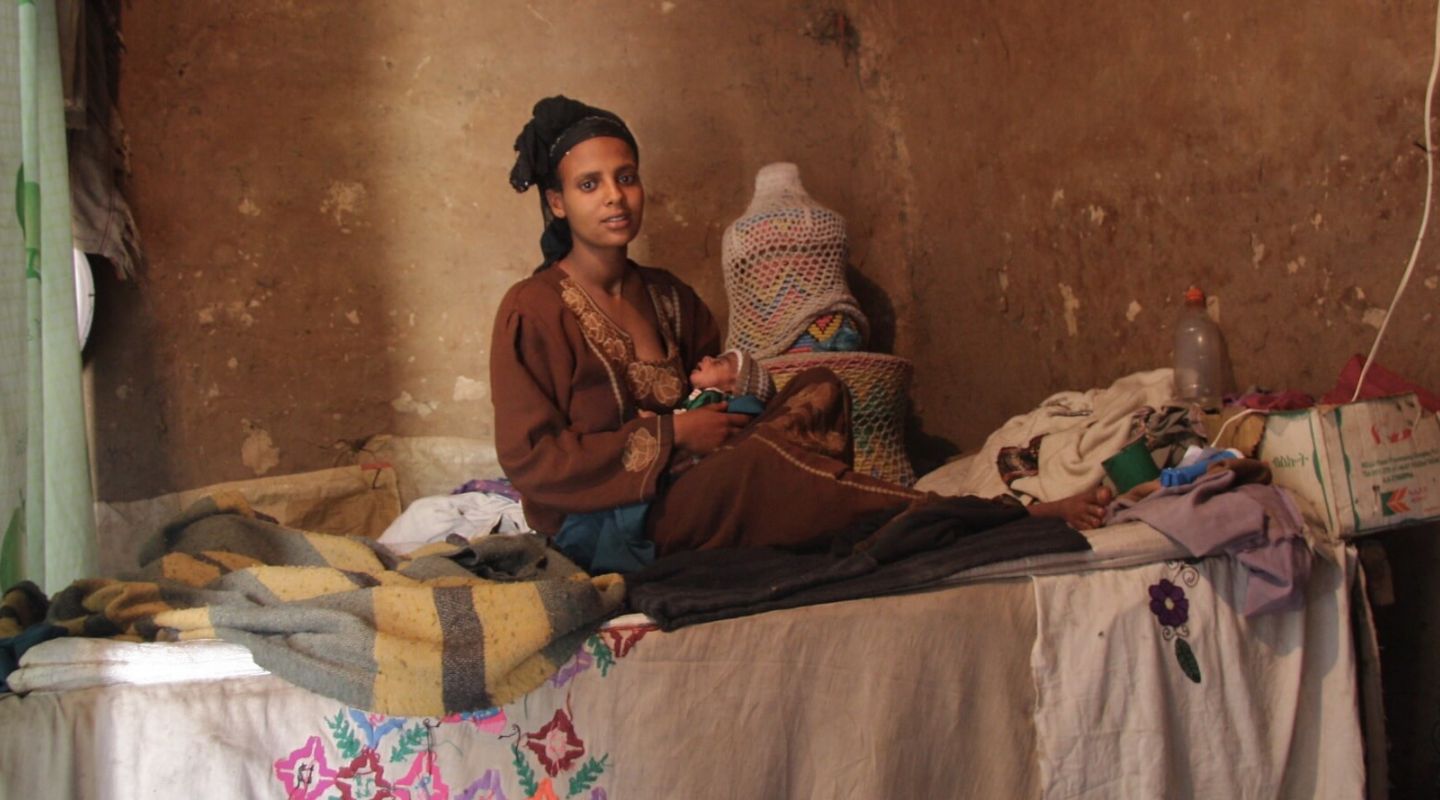
Maternal health programming in Ethiopia -
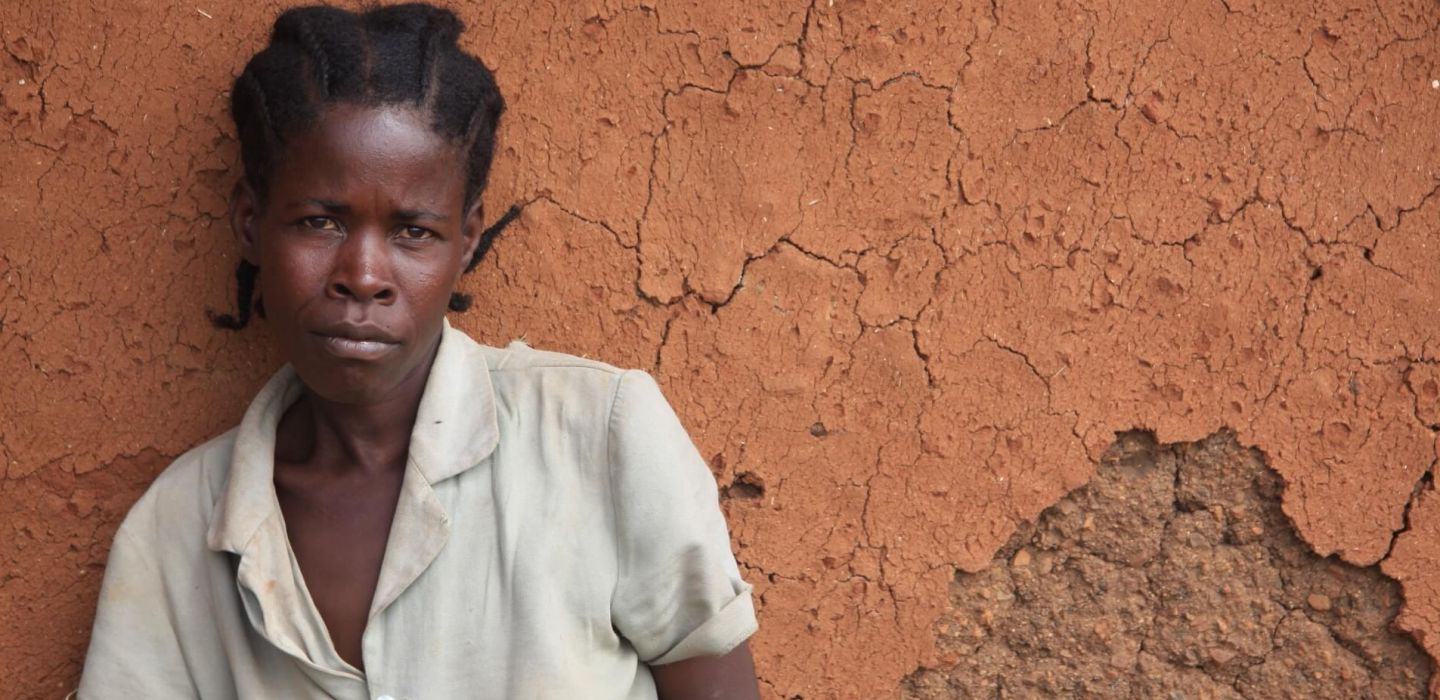
Birth registration in Angola -
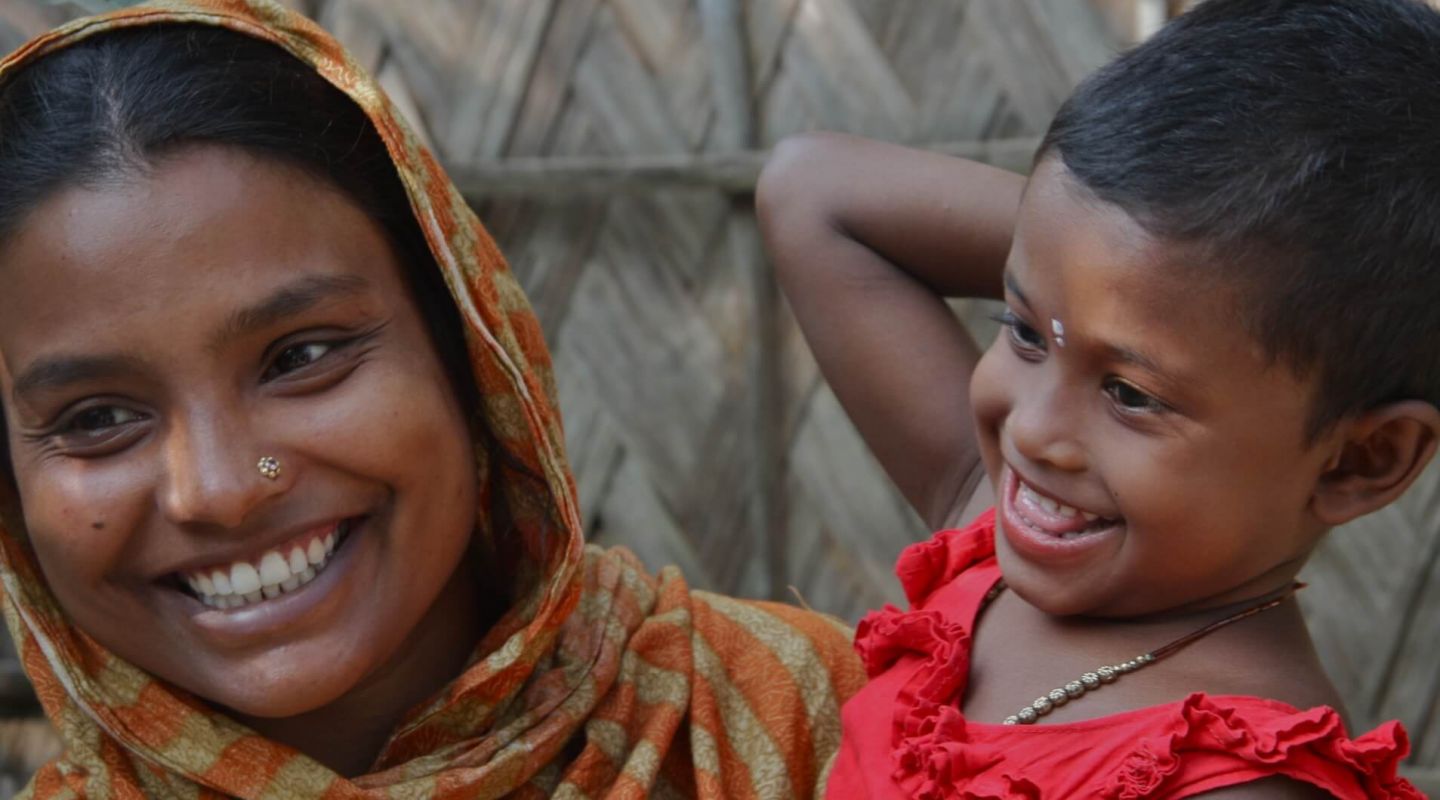
Universal health coverage with equity
Emergency response
Working in the preparedness, response and recovery phases, we deliver rapid, usable intelligence for principled humanitarian action in complex environments. We deploy field-based personnel to provide insights that can shape interventions in real time, and provide remote support by accessing global networks of social scientists with both regional and thematic expertise.
-
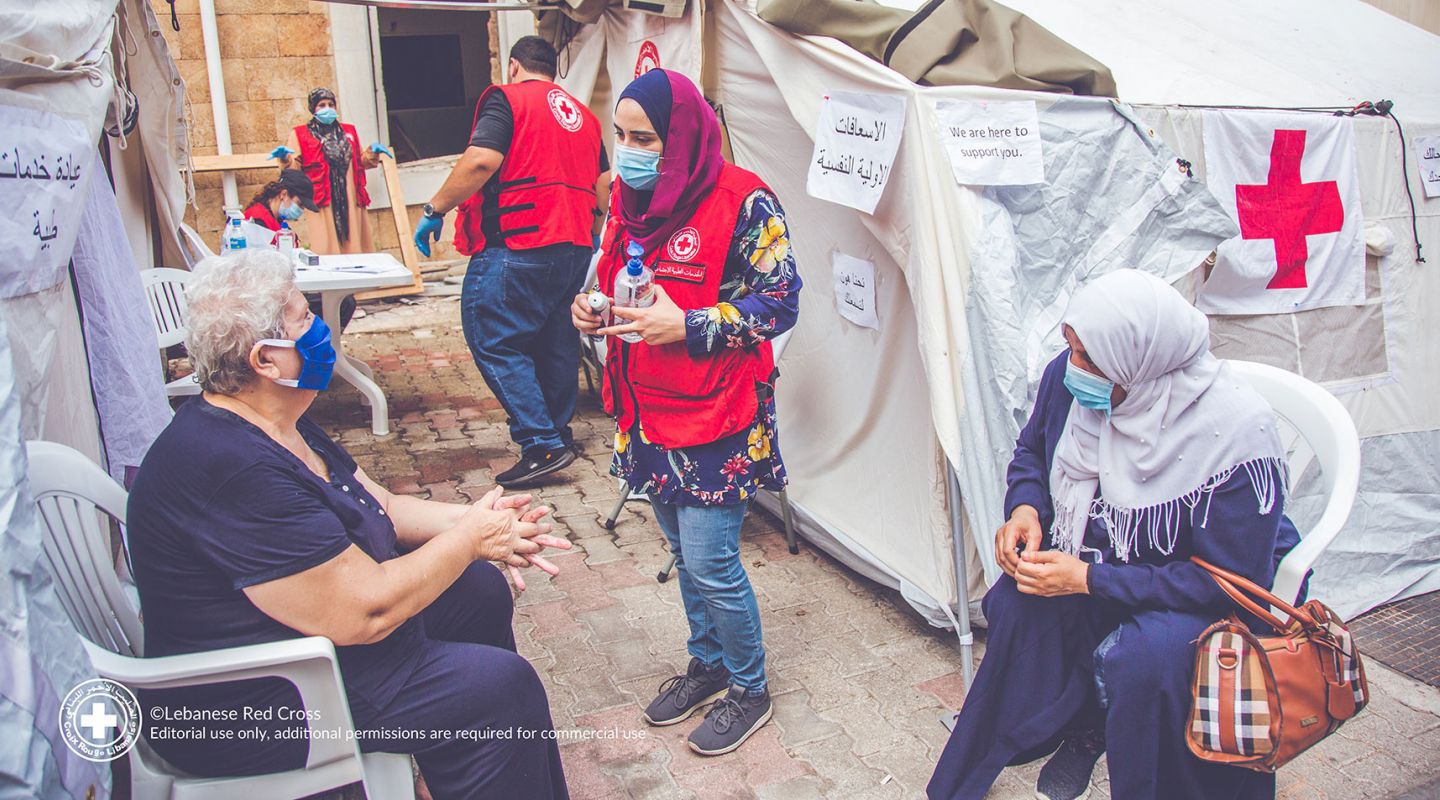
Perceptions of risk communication and community engagement for COVID-19 in Lebanon LEBANON -
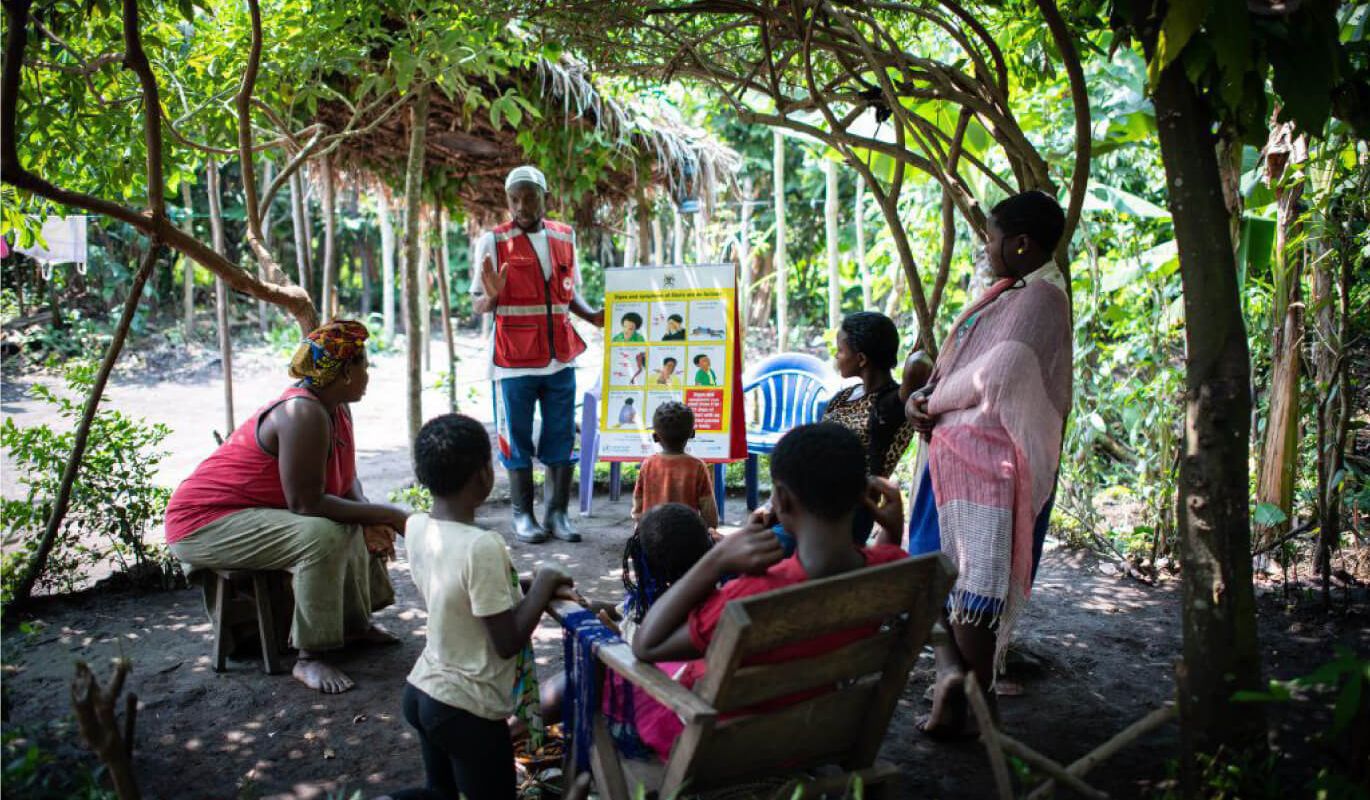
Community engagement for preparedness and response in health emergencies GLOBAL -
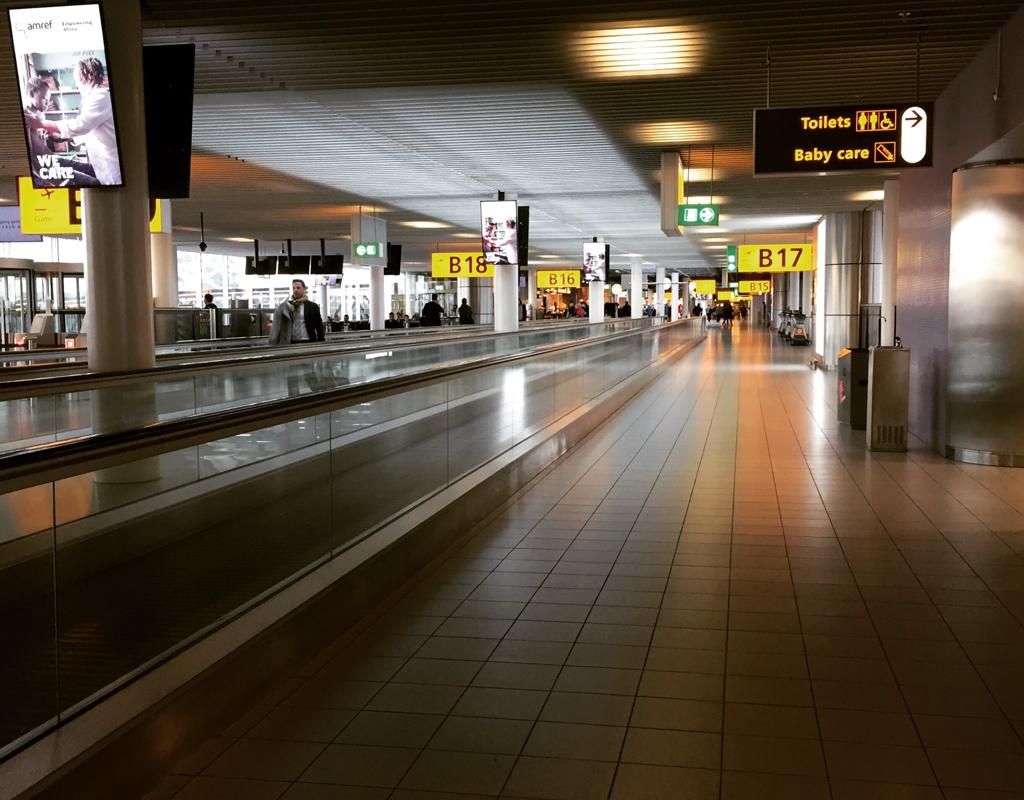
Response to COVID-19 in the Middle East and North Africa ALGERIA, BAHRAIN, DJIBOUTI, EGYPT, IRAN, IRAQ, JORDAN, KSA, KUWAIT, LEBANON, LIBYA, MOROCCO, OMAN, PALESTINE, QATAR, SUDAN, SYRIA, TUNISIA, UAE, YEMEN -
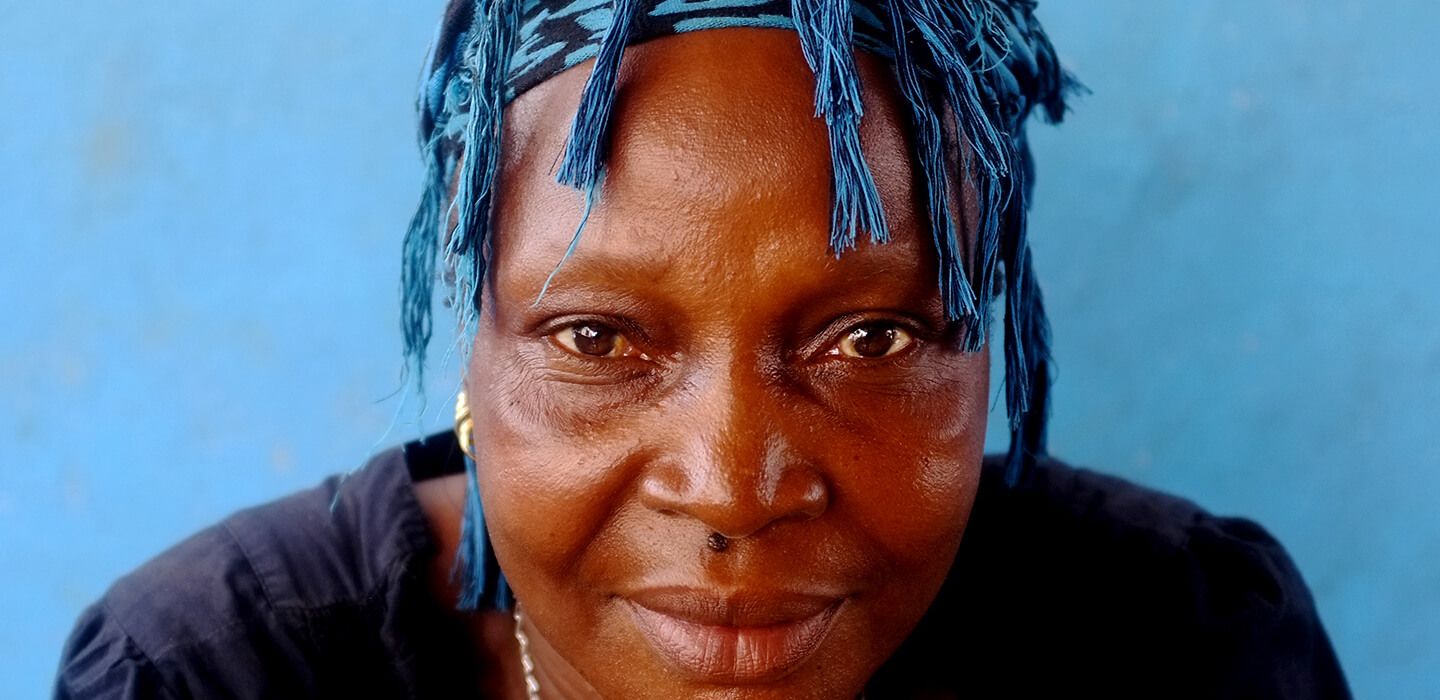
Response to outbreak of Ebola in DRC -
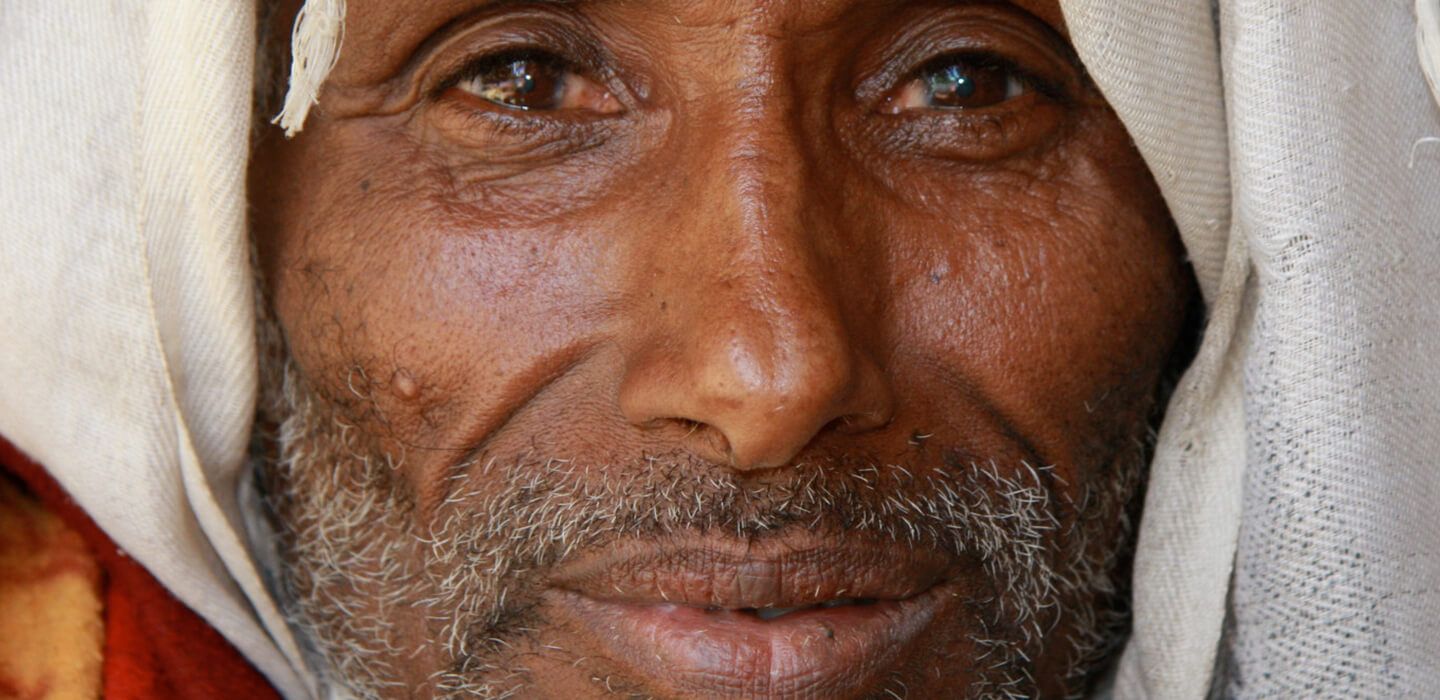
Community pandemic preparedness programme -

Response to COVID-19 GLOBAL -
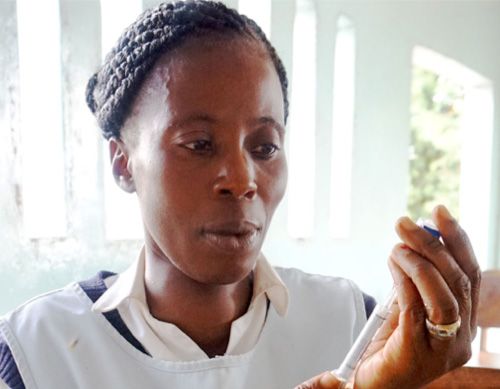
Overcoming barriers to vaccine acceptance in the community: Case studies from a COVID-19 Peer Learning Hub GLOBAL -
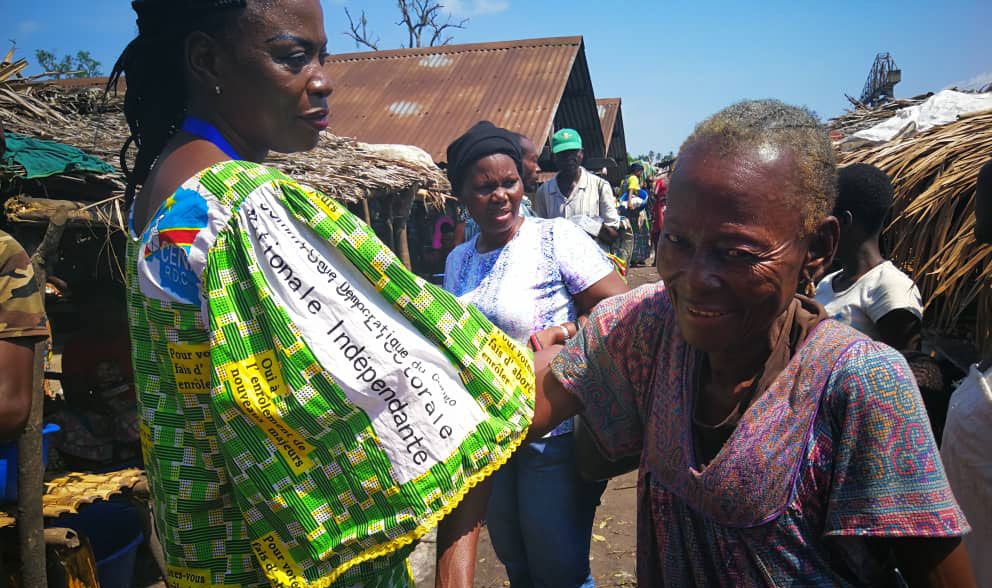
PERC (Partnership for Evidence-Based Response to COVID-19) GLOBAL -
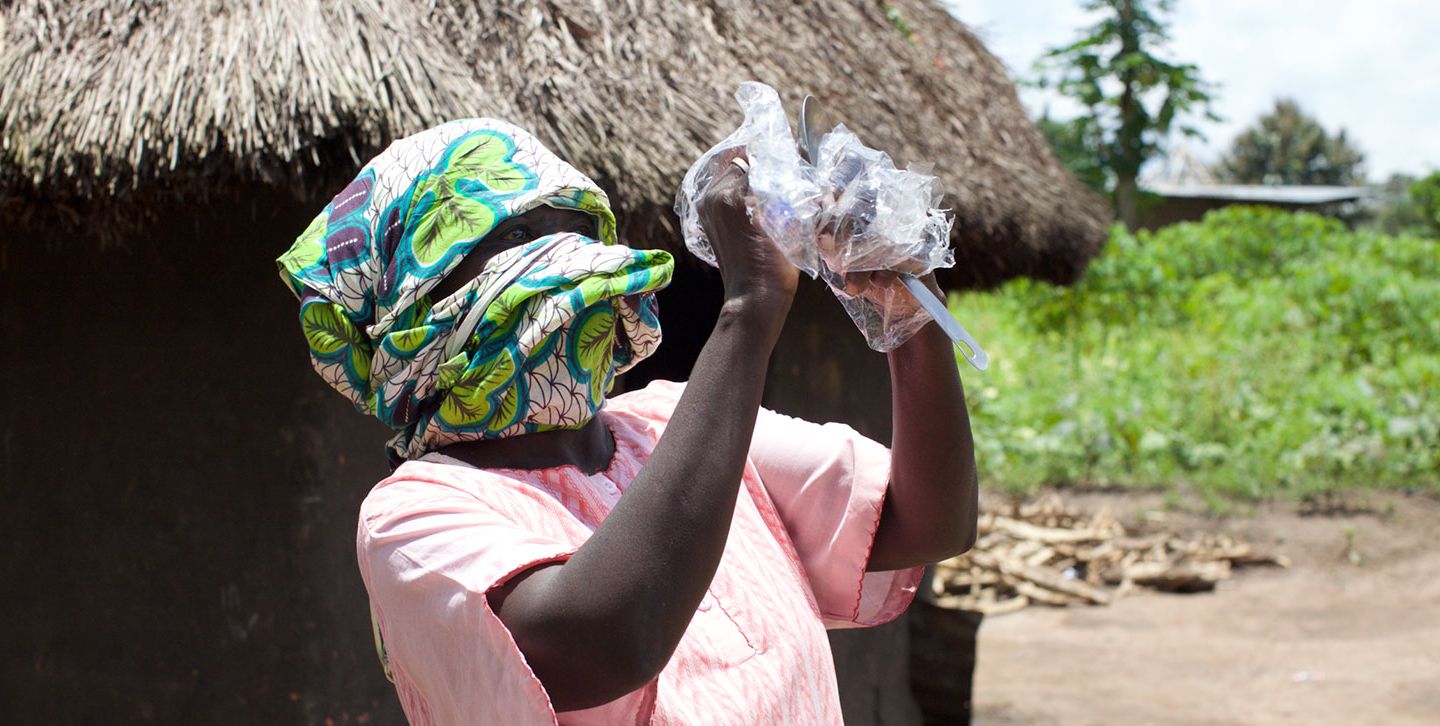
Response to Ebola and COVID-19 in a conflict-affected cross border area SOUTH SUDAN, DRC -
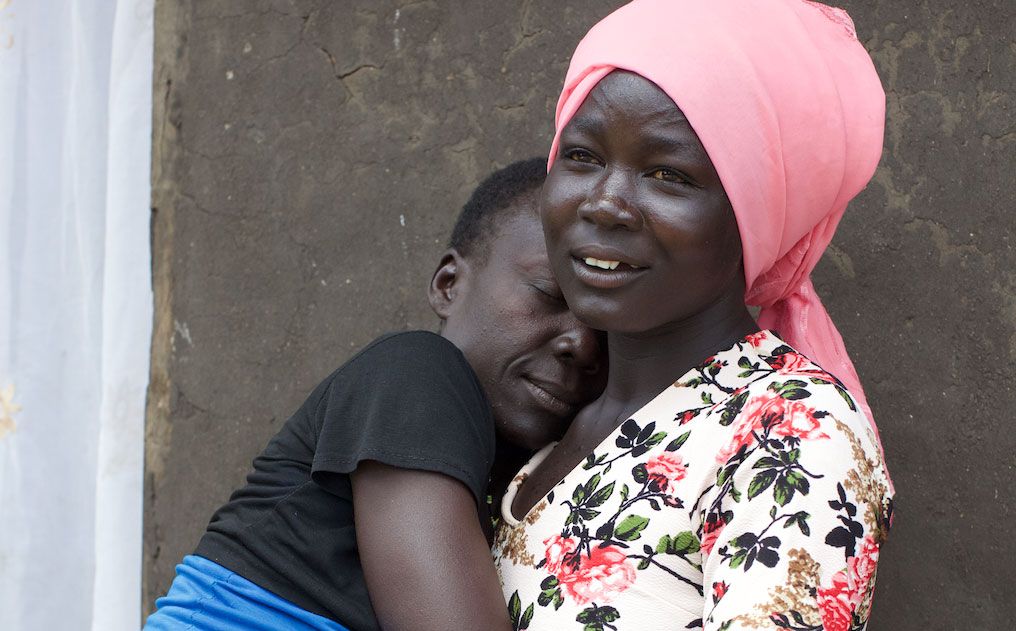
Preparedness programming for Ebola in South Sudan SOUTH SUDAN -
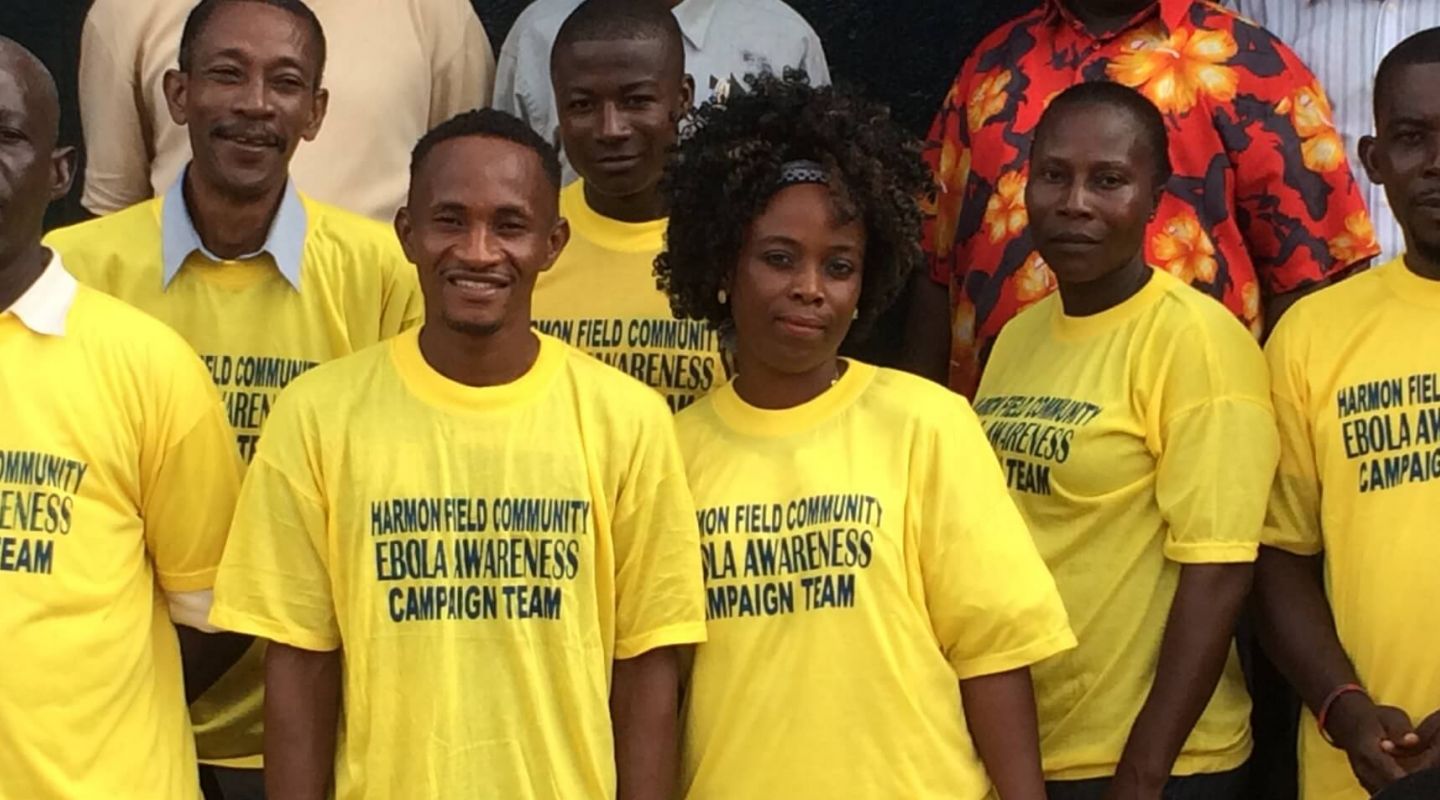
Response to Ebola in West Africa -
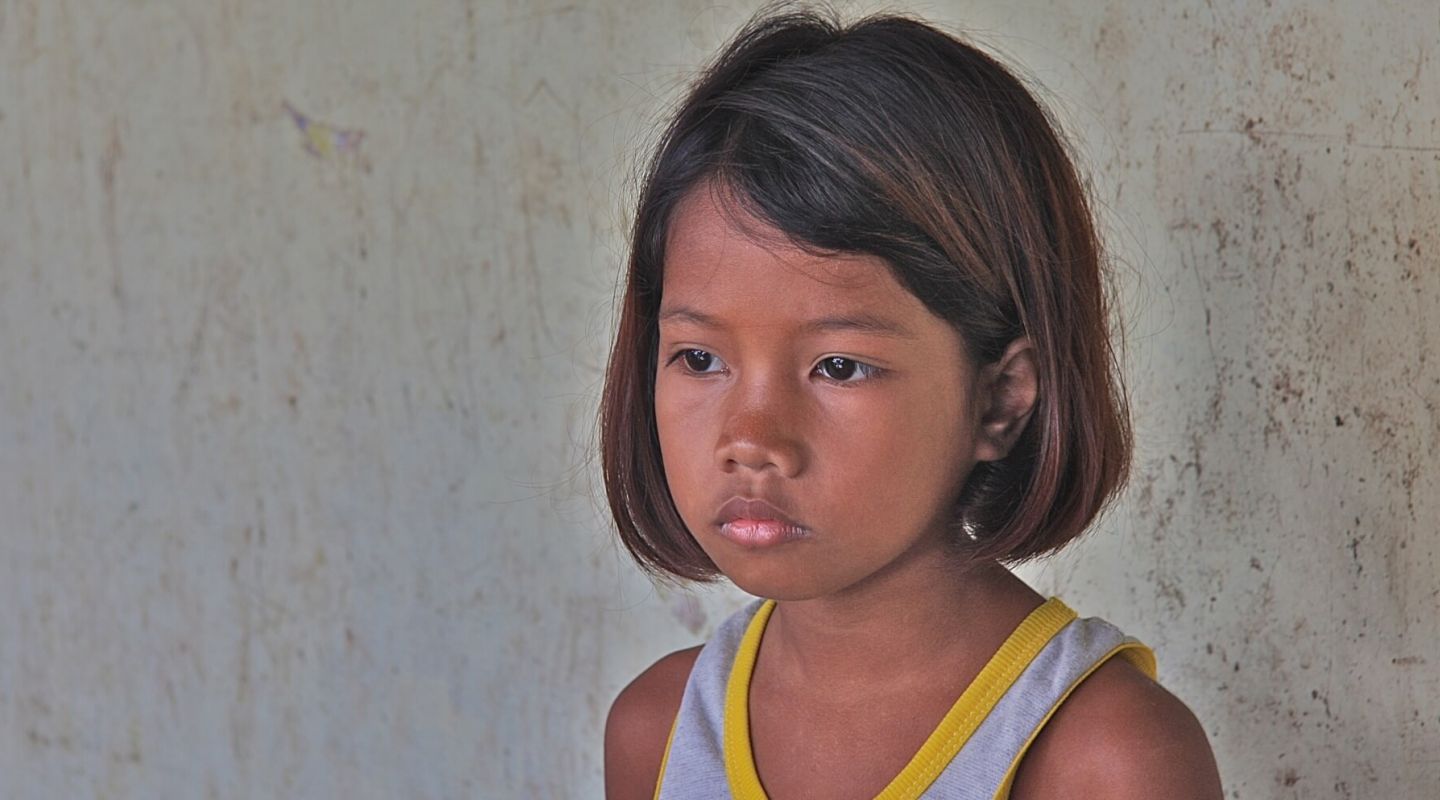
Coordination of social science in the response to Zika
Monitoring and evaluation
Ongoing monitoring and evaluation is key to rigorous measurement, course-correction and reporting. We design strategies and suitable criteria for multi-levelled monitoring and evaluation that clearly target a programmatic cycle and reporting requirements. We also conduct independent mid-term reviews and end-of-programme evaluations.
-
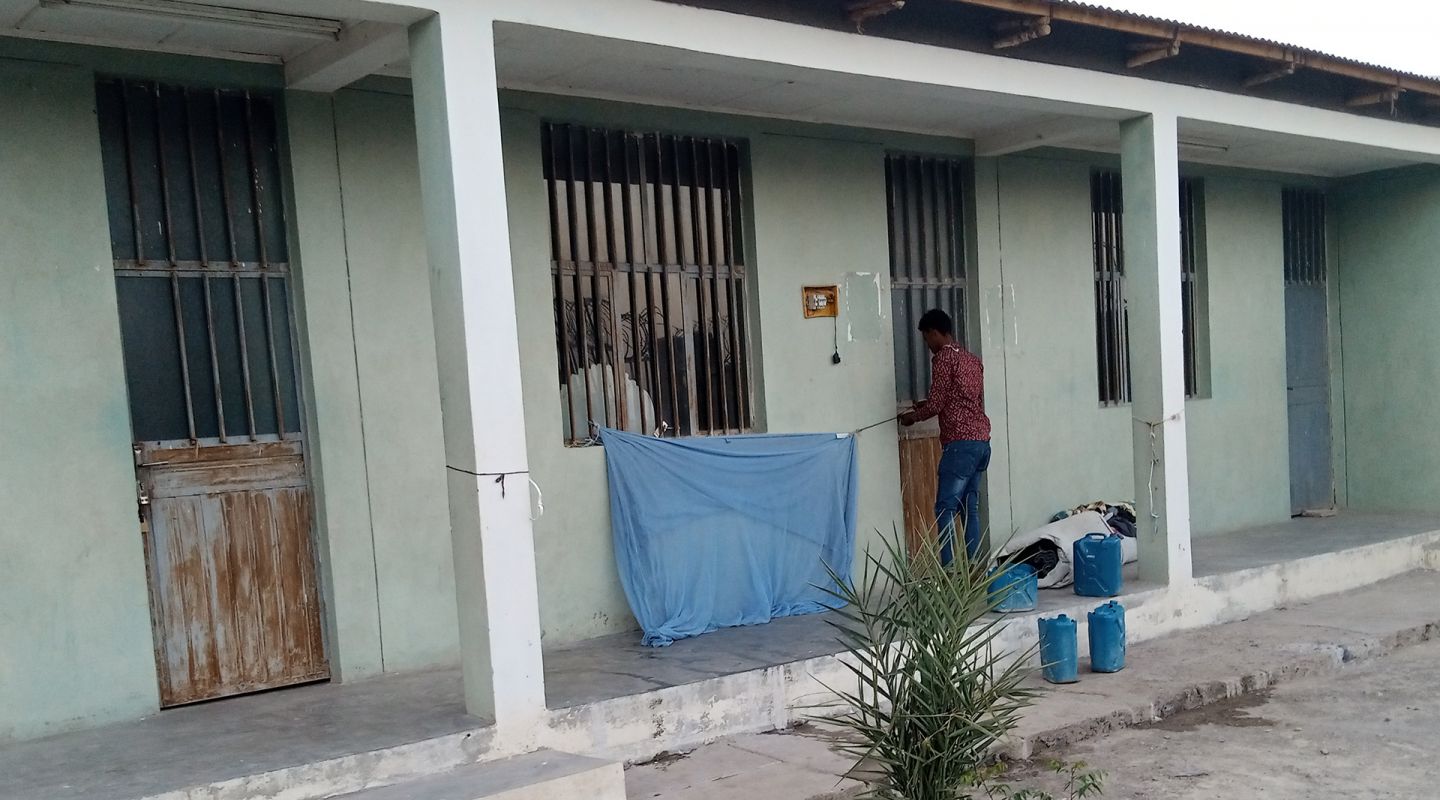
Evaluating inclusive education programmes CAMEROON AND SIERRA LEONE -
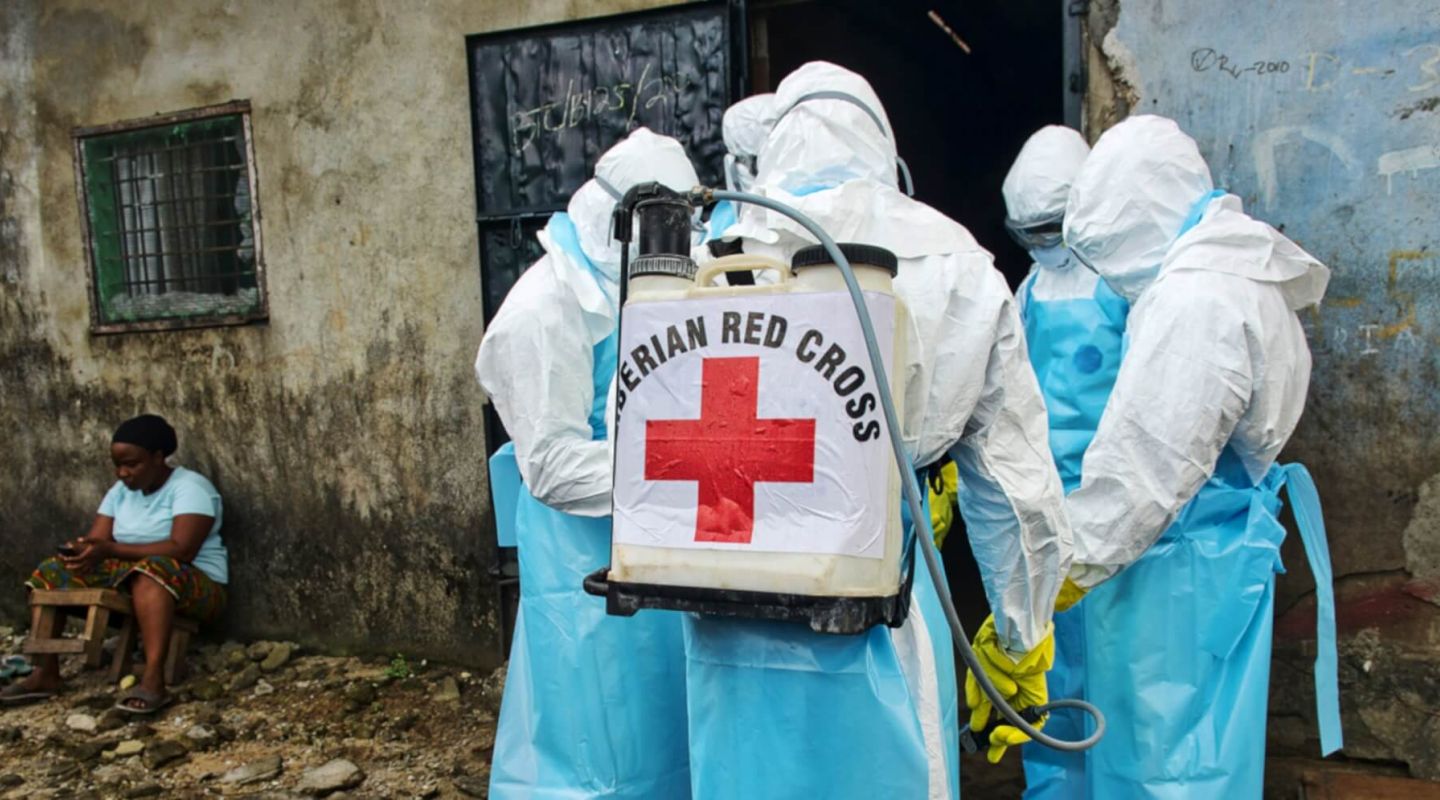
Evaluating the impact of safe and dignified burials for stopping Ebola transmission in West Africa -
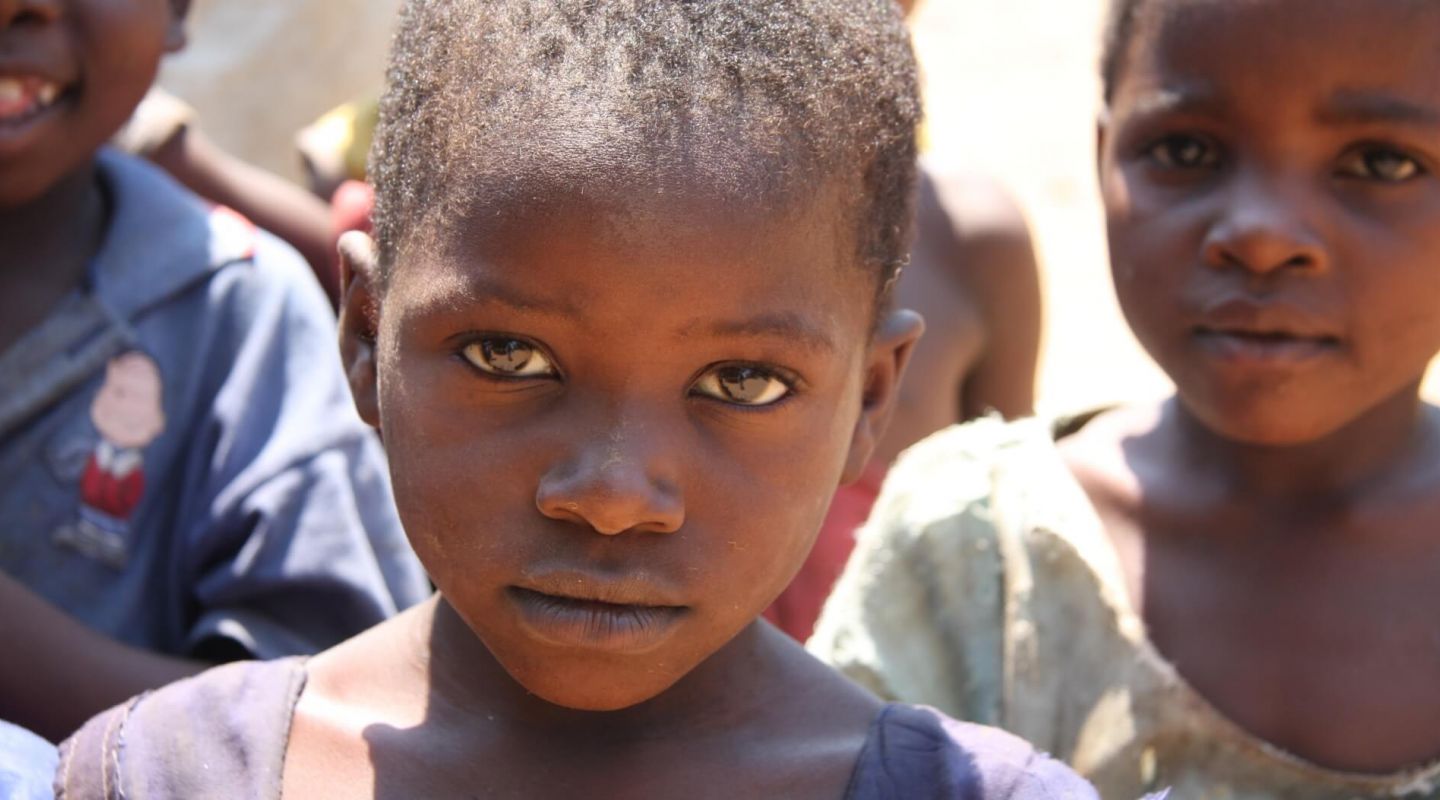
Maternal and child health, end of programme evaluations -
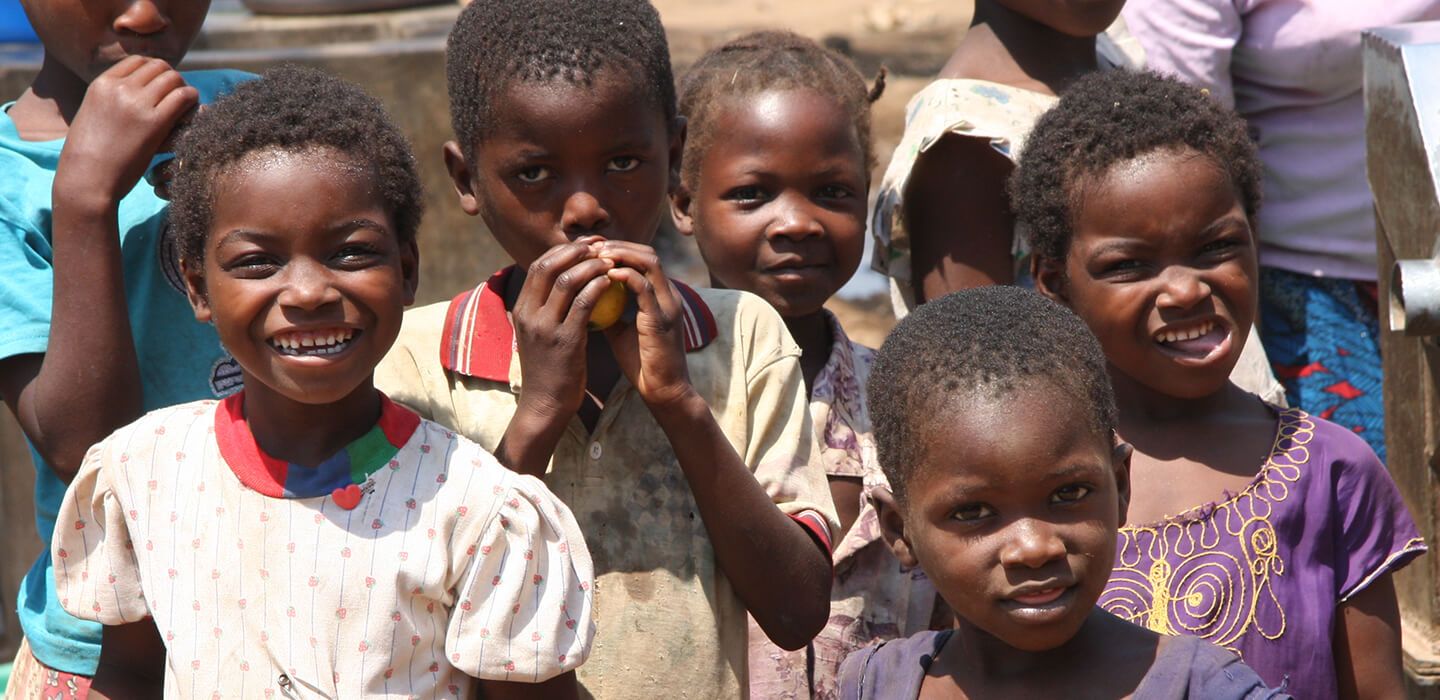
Child Health Days in East Africa -
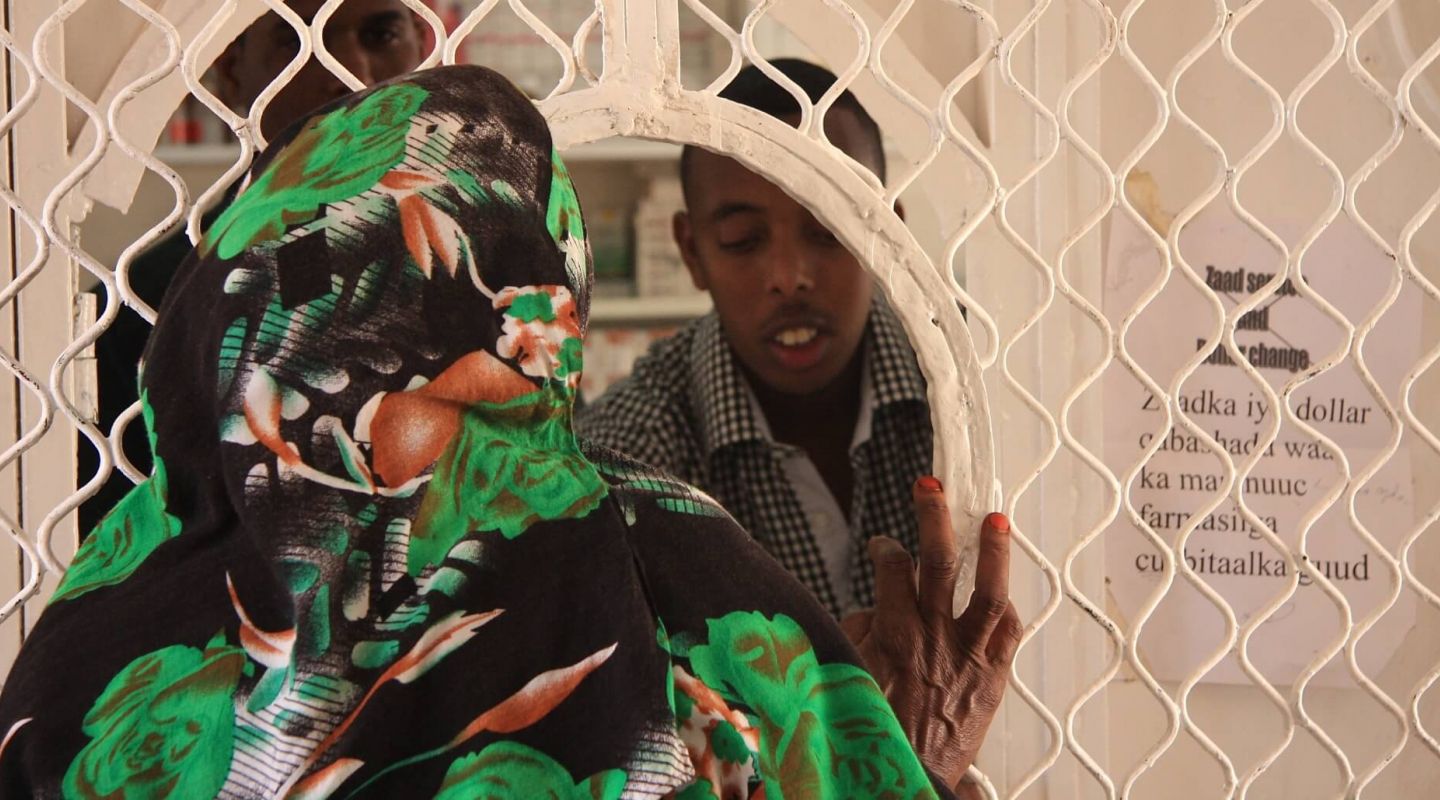
National and local capacity building -
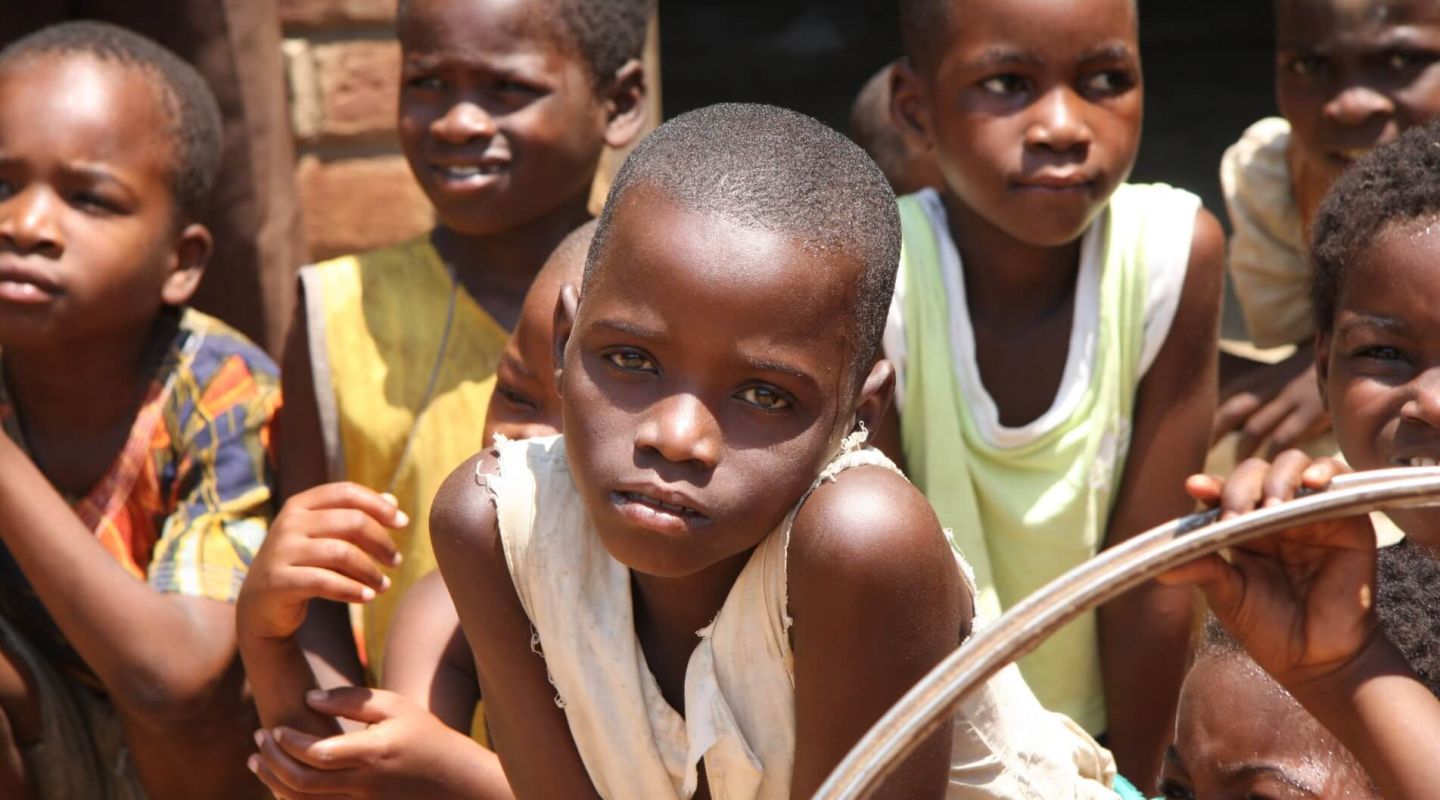
Global vaccination introduction
Training and capacity building
We deliver short courses to health, development and humanitarian professionals in the use of anthropology in global health and how to operationalise qualitative and mixed-methods data in community engagement initiatives. We also provide pre-deployment training to social scientists working in emergency settings.
